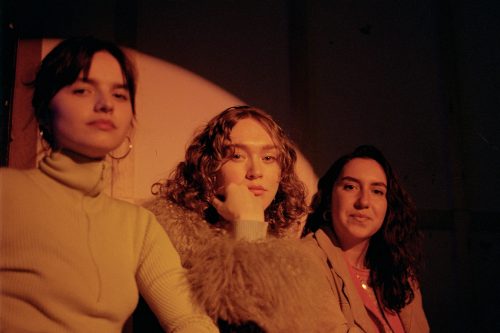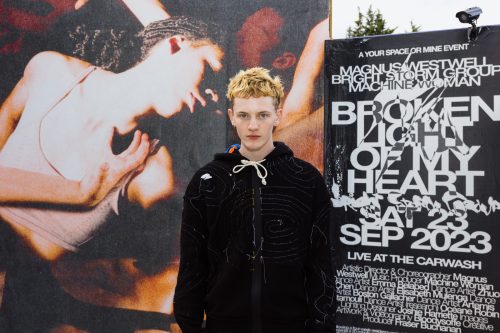Partnerships
Curtain Road Collective: the next generation of fashion designers
We teamed up with a group of emerging graduate designers to put on a fashion show as unique as their clothes.
It’s a difficult time to be a recent graduate, particularly in the fashion industry. Along with all of the other financial and social challenges, students have had to deal with the effects of the pandemic on their studies. Many lost a full year of socialising and face-to-face education, and are having to find innovative ways to make up for lost time. Even without that extra hurdle, finding support and work opportunities in an industry so often reliant on contacts and clout can be tough for artists and designers. Curtain Road Collective is one group’s answer to those problems. Formed of nine recent graduates who met on their fashion course, Curtain Road Collective gives those emerging designers room to play without the structures of a traditional fashion house.
The designers all have different skills that they bring to the collective, and the way it works allows them all to have different jobs and come and go as they please. It offers a way for them to get support from one another while still being able to work independently. In their final year, when they had to present their collections, they knew that they wanted to do something unusual that reflected their avant garde pieces. BUILDHOLLYWOOD wanted to help, so they stepped in to offer their brand new event space,The CarWash in Shoreditch, giving Curtain Road Collective full access to the space, letting them exercise their creativity and showcase their unique, imperfect pieces. As part of this exciting partnership, BUILDHOLLYWOOD also provided posters that wrapped around the space to promote the show.
We chatted to Benjamin Ingham, Rosie Chesters, and Mariam Parra of Curtain Road Collective about their history, the show, and what’s next for such a talented group of young designers at the start of their careers.
27.10.23
Words by


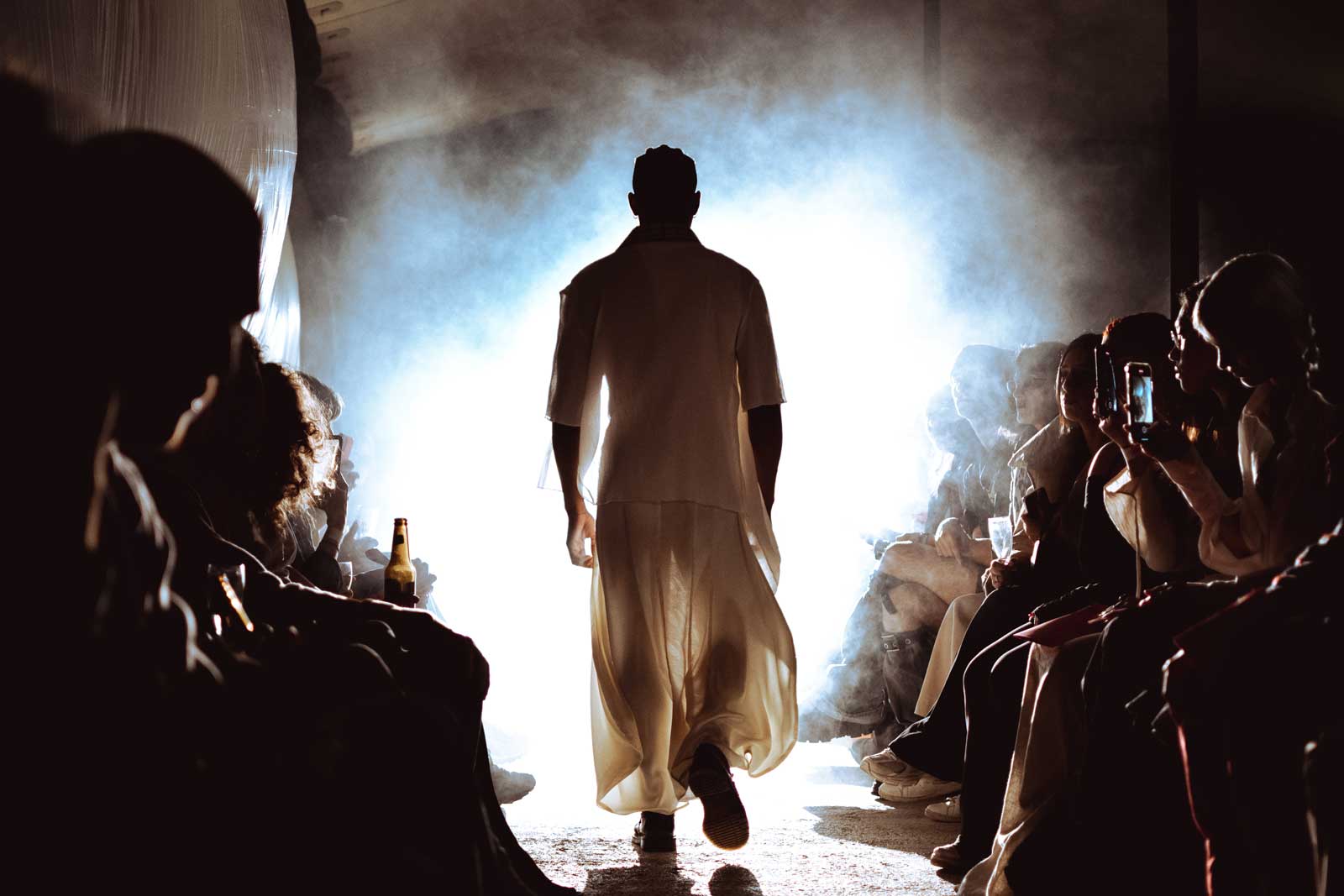
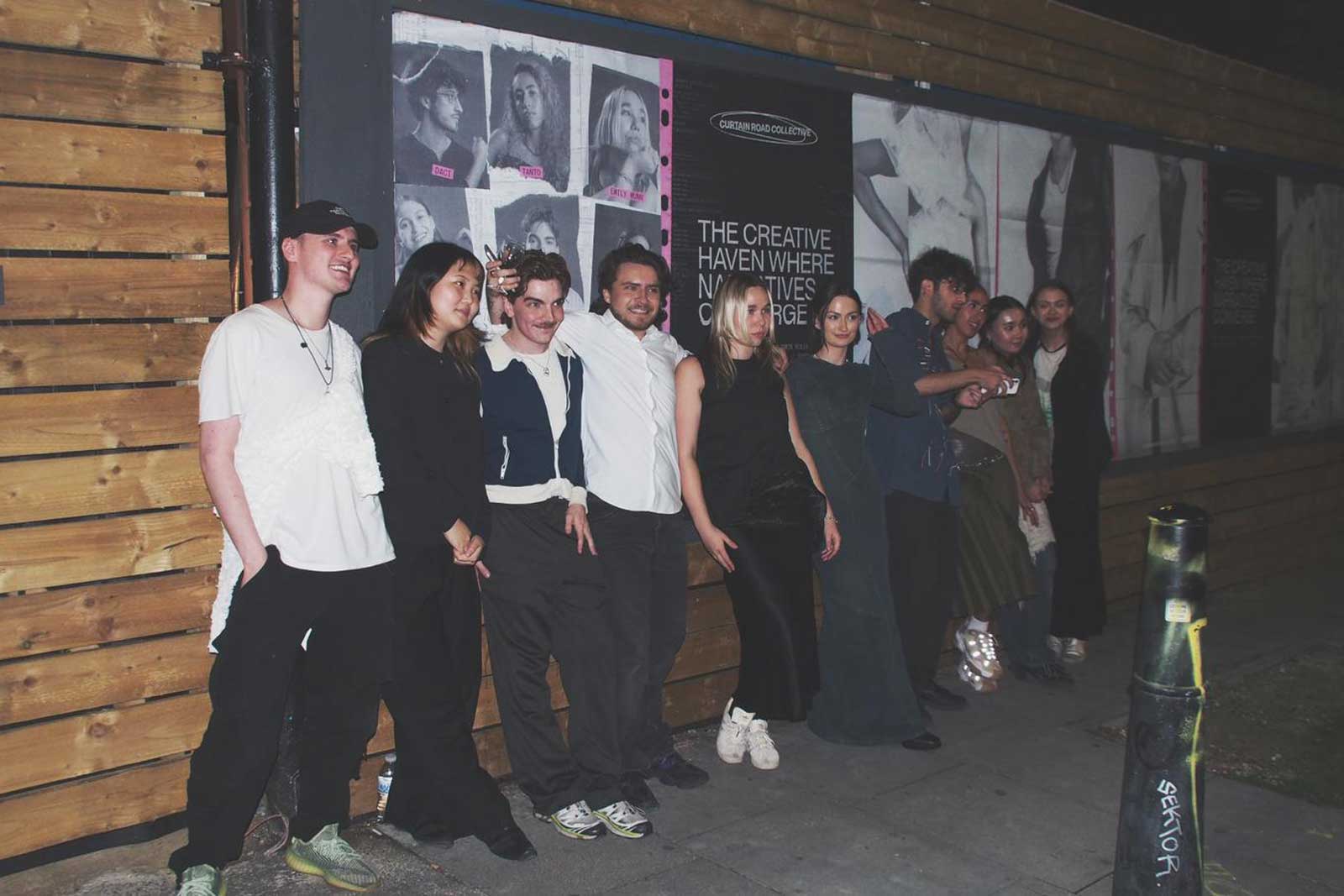 Darcey Thompson @picsbydarcey
Darcey Thompson @picsbydarcey
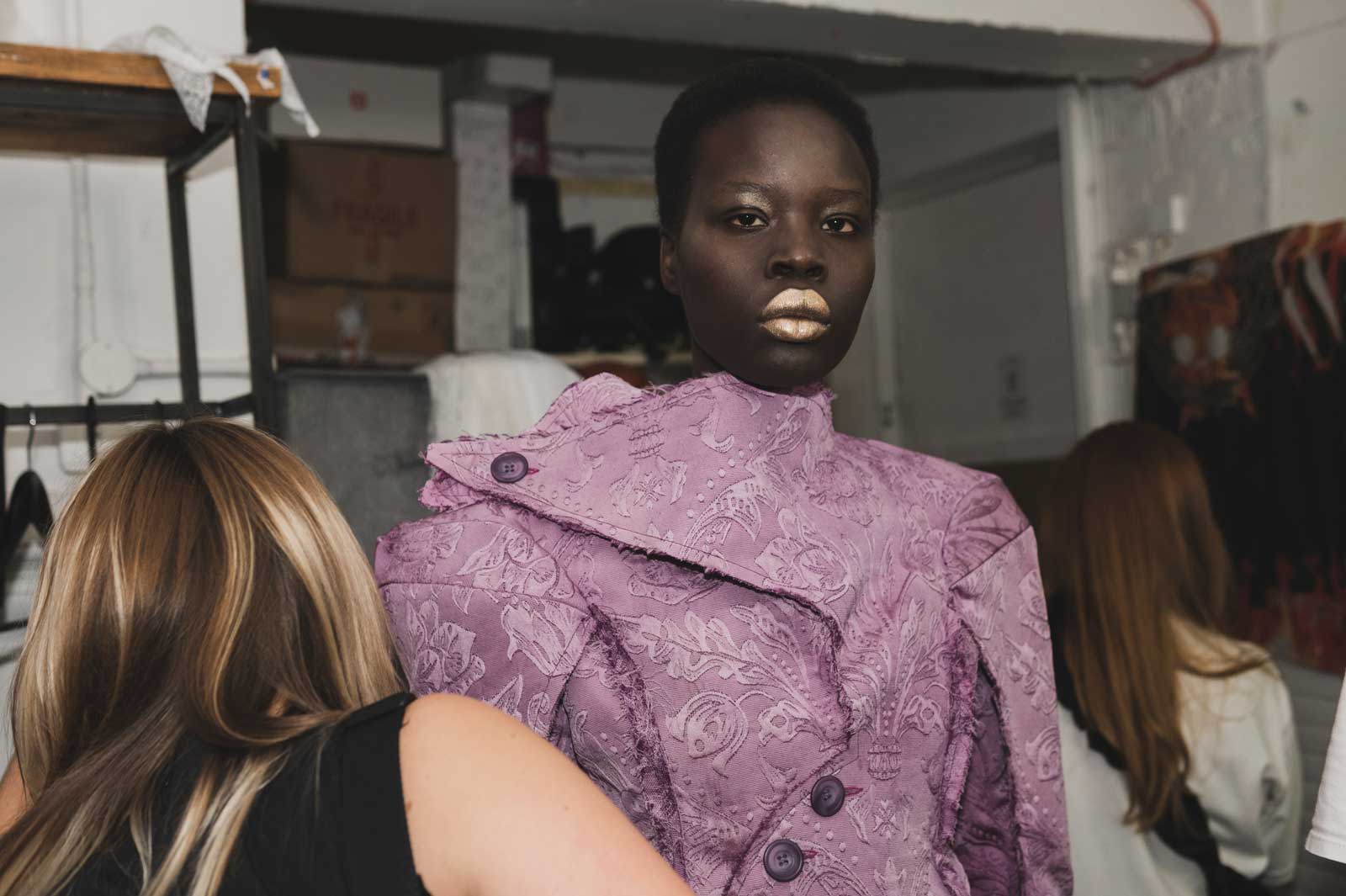 Kirk Truman @kirktruman
Kirk Truman @kirktruman
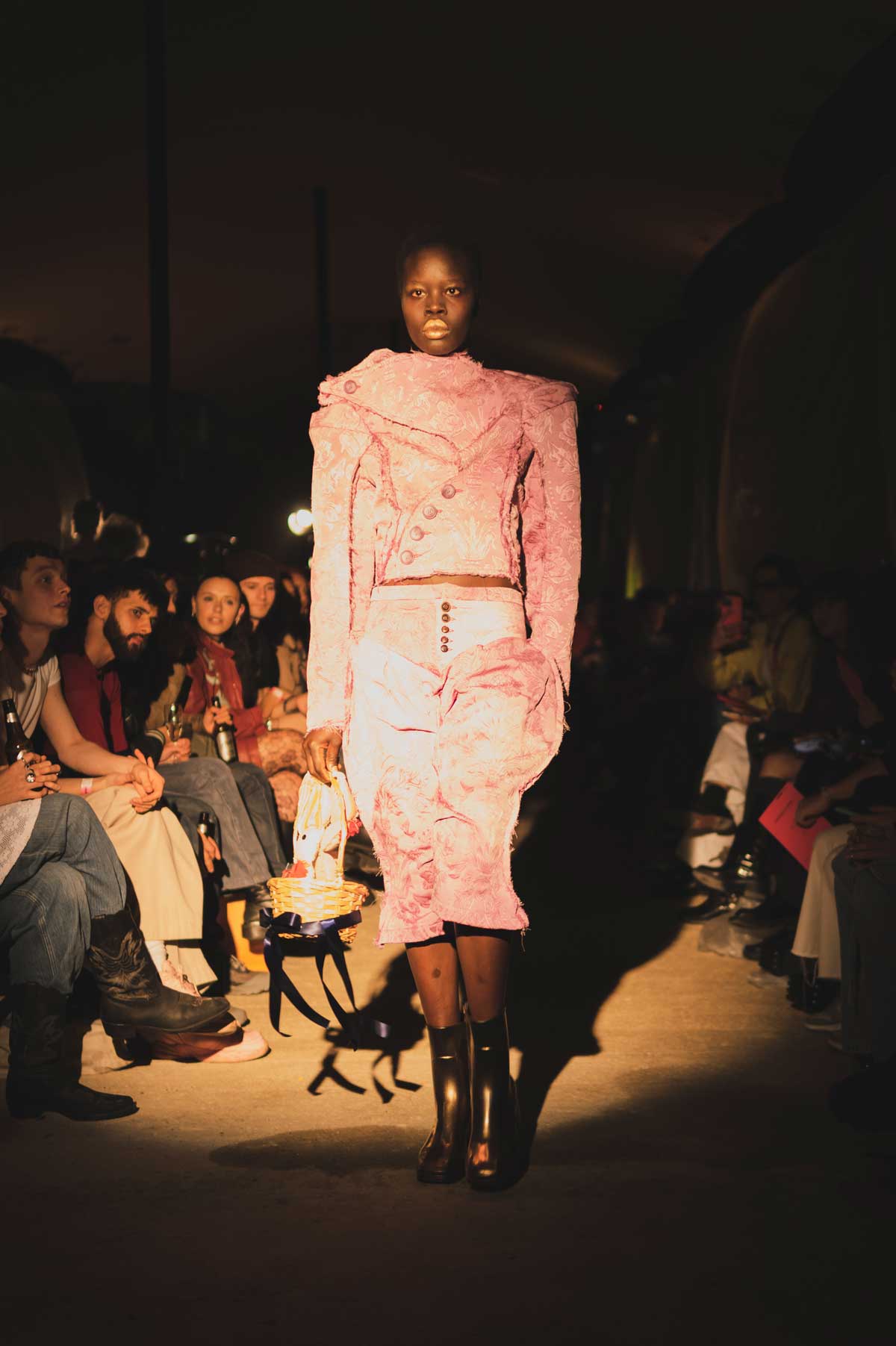
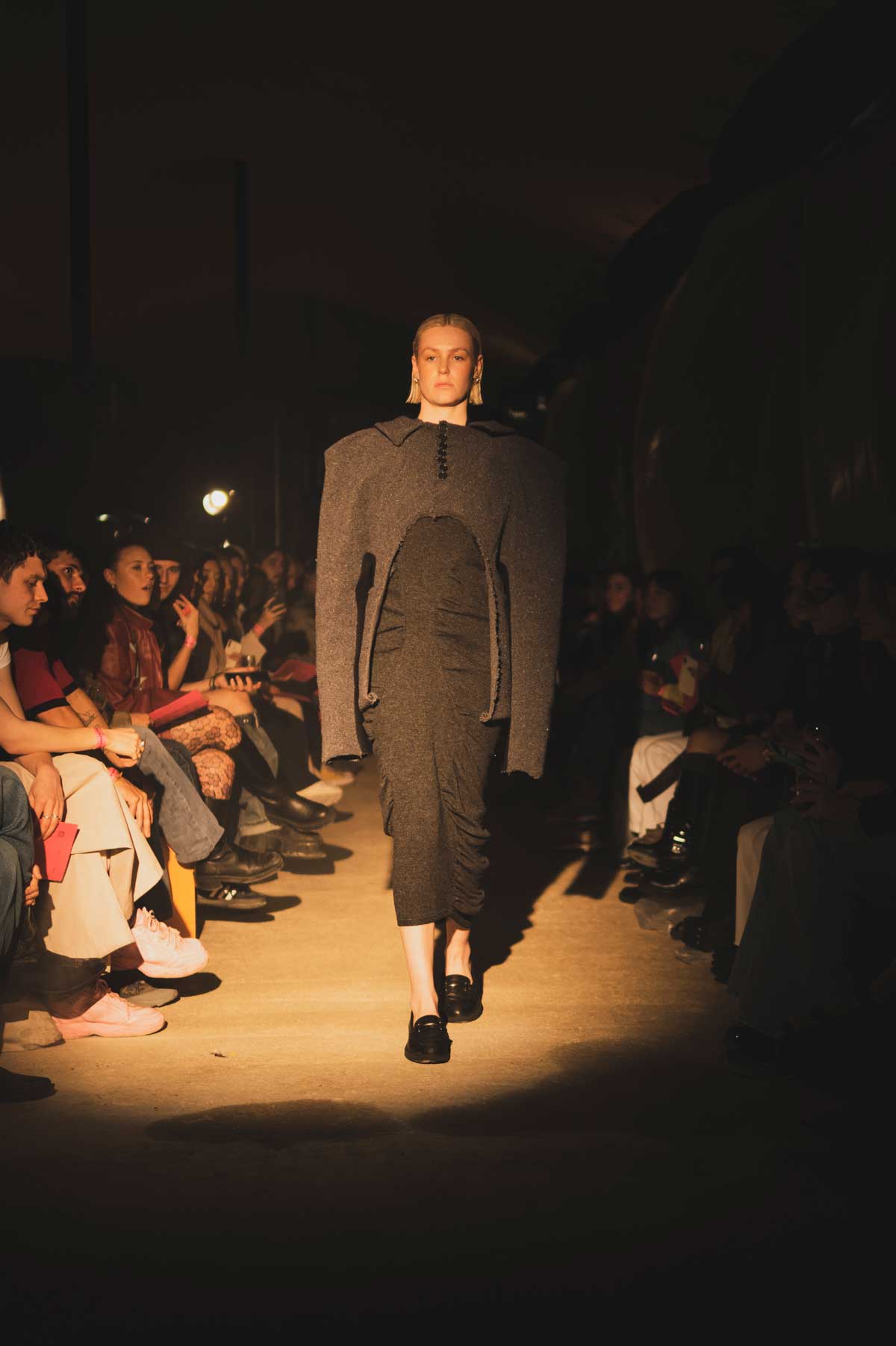
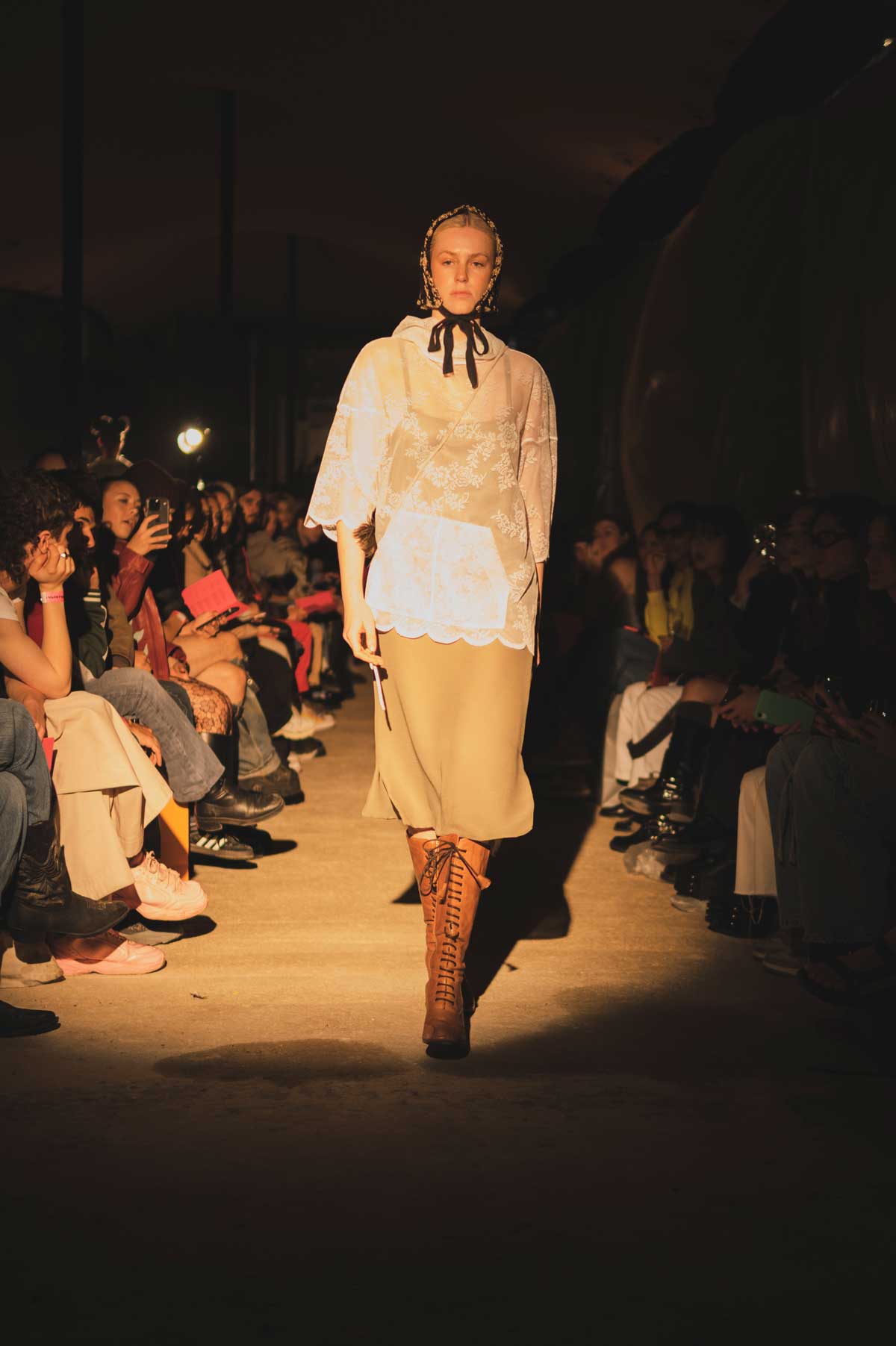
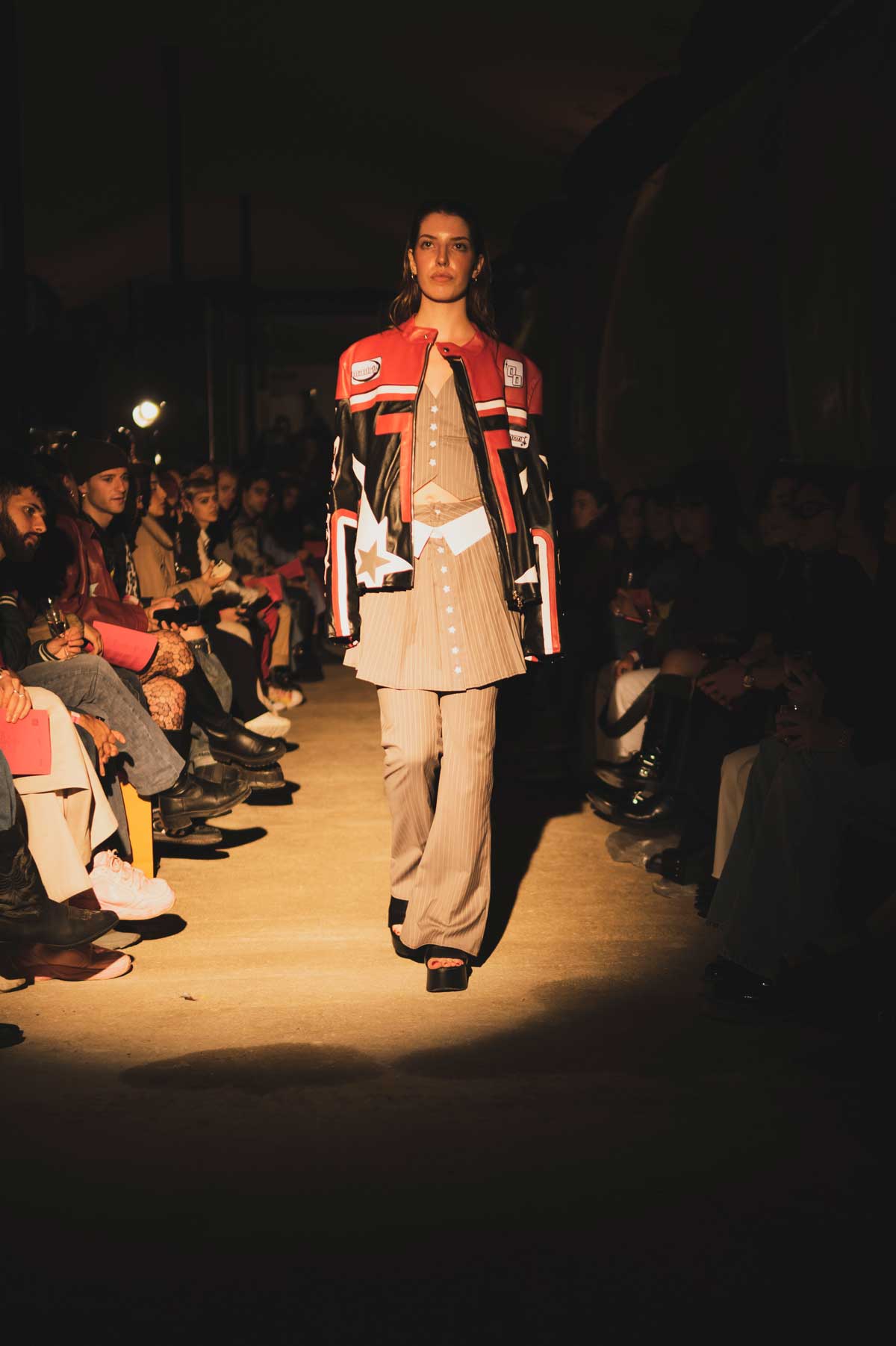
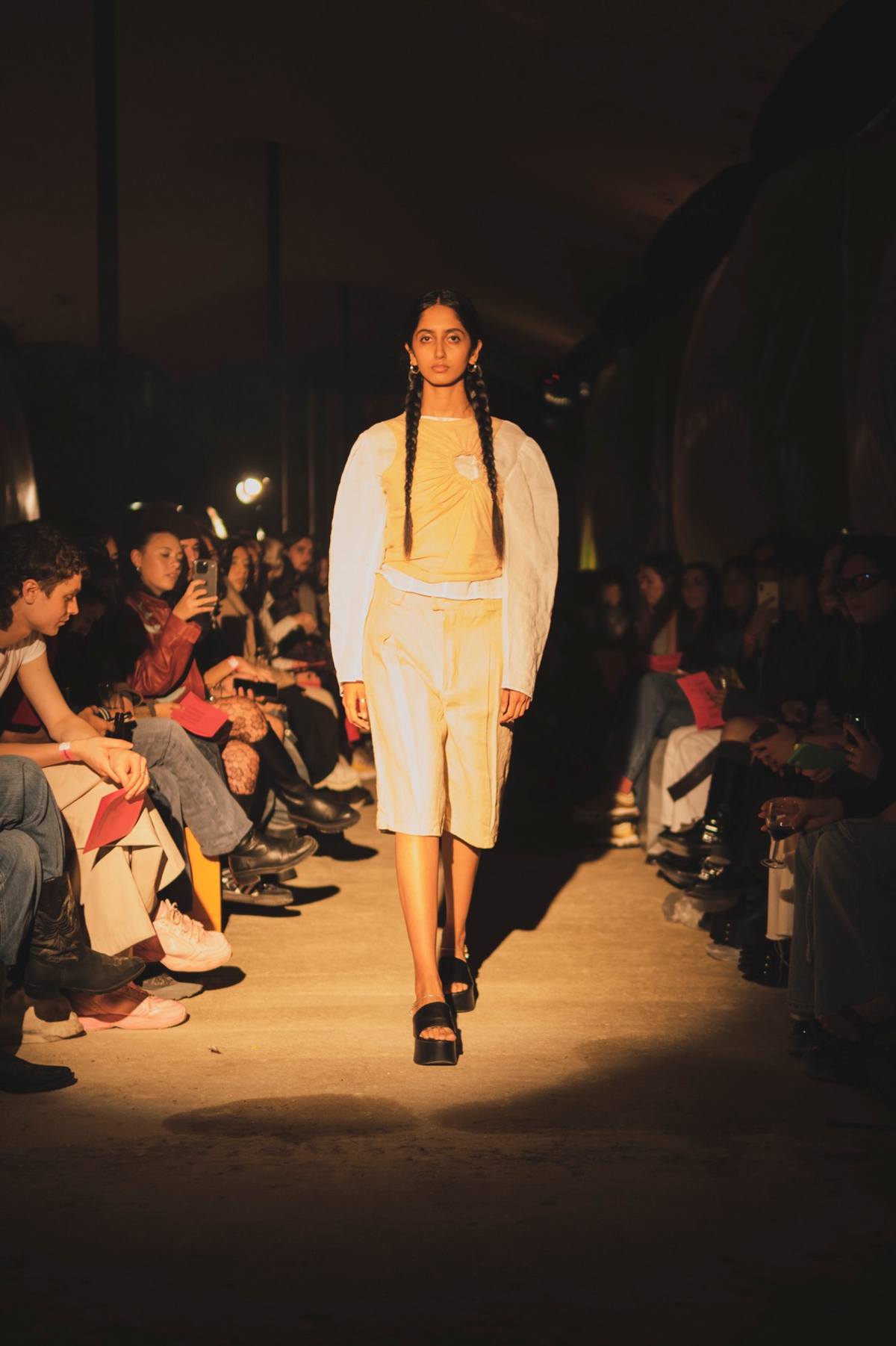
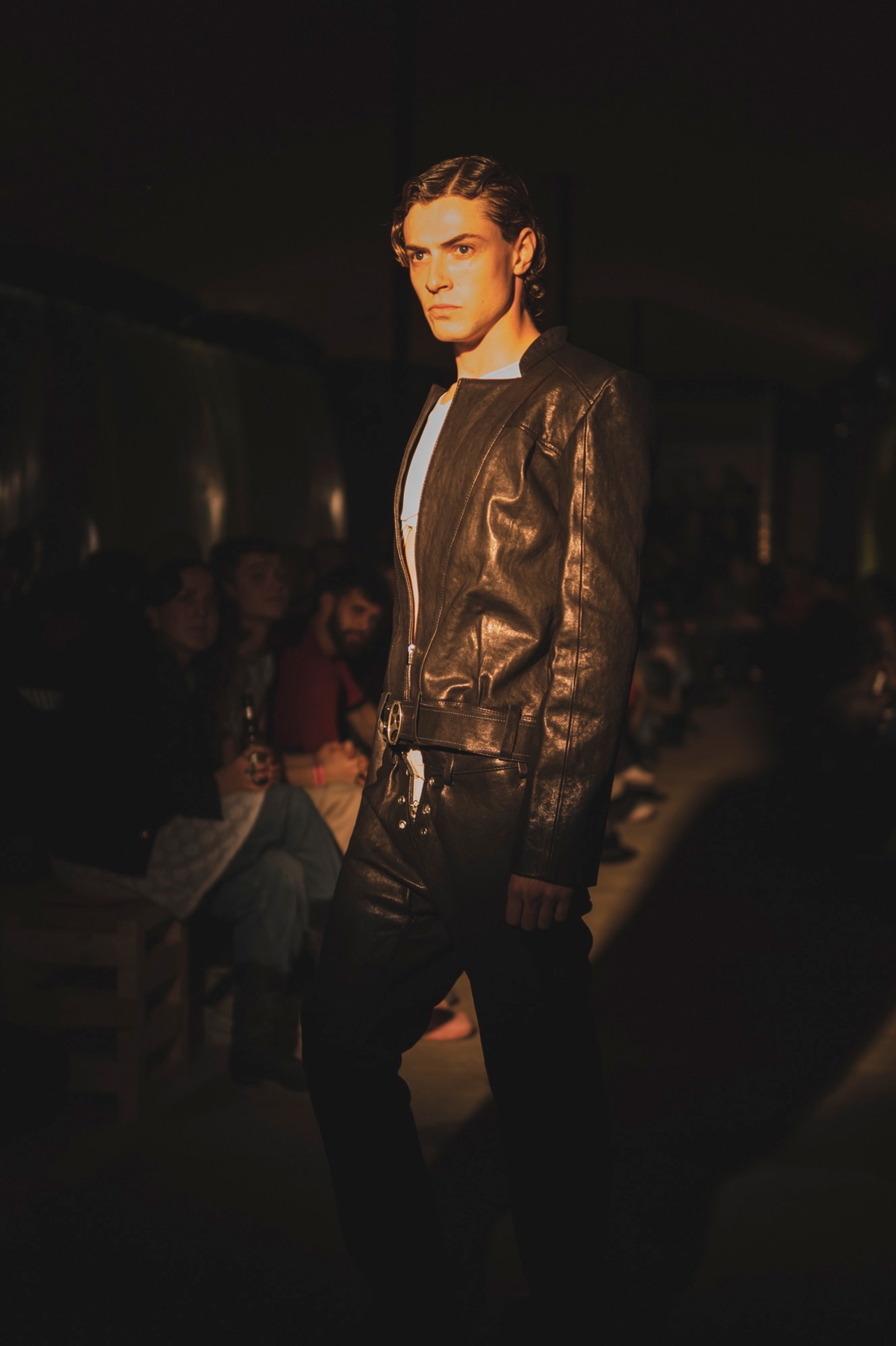
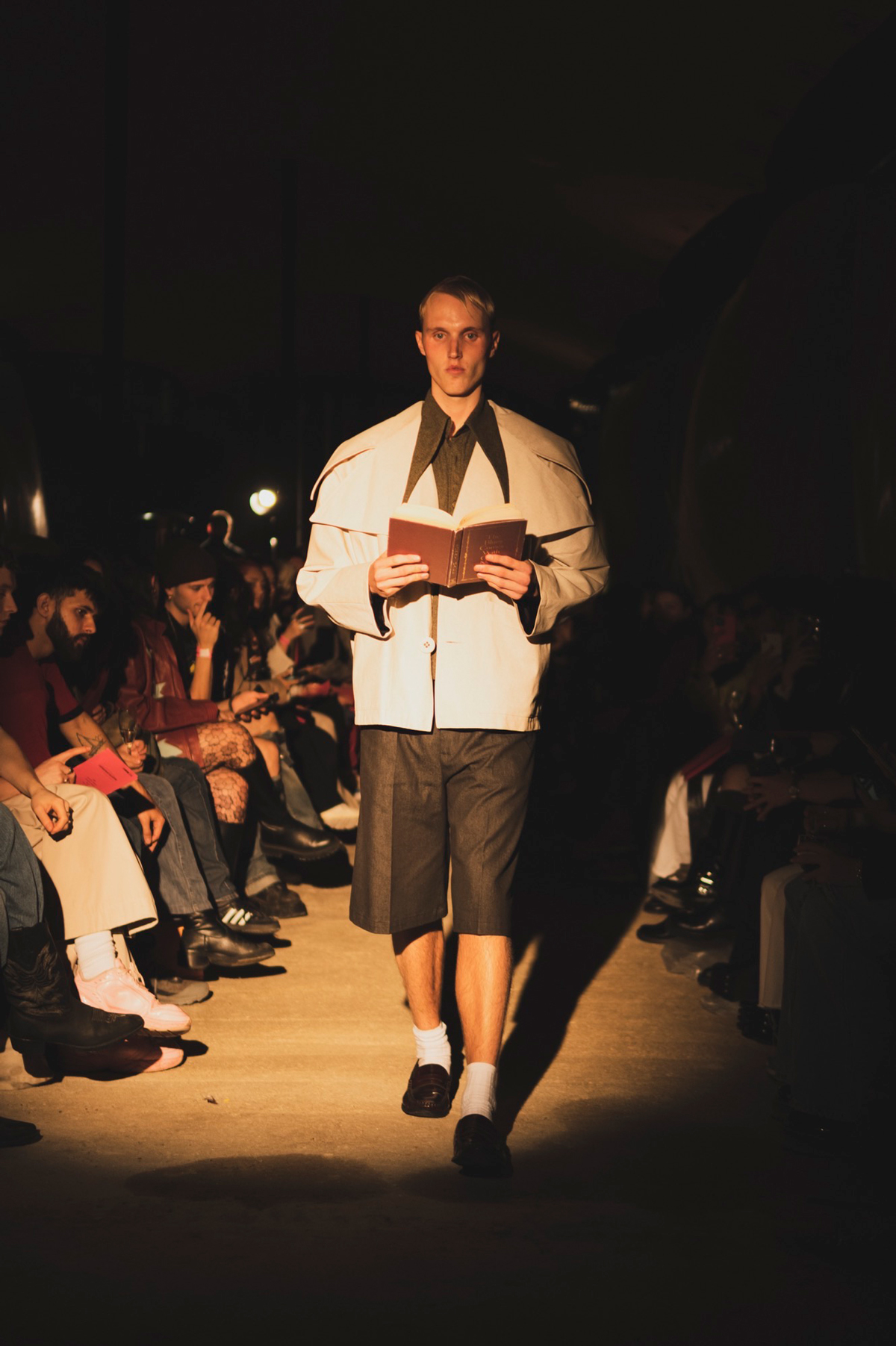
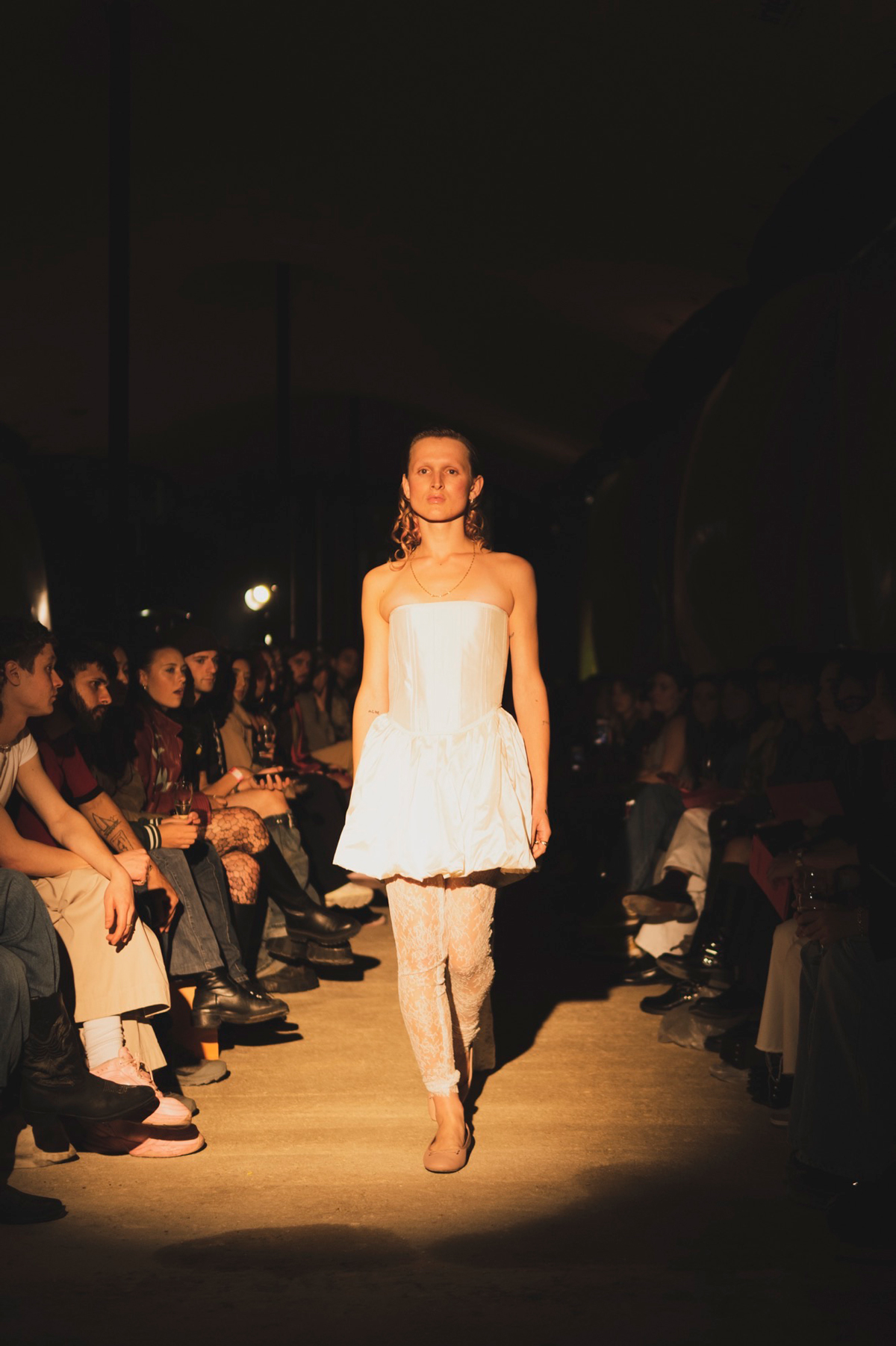
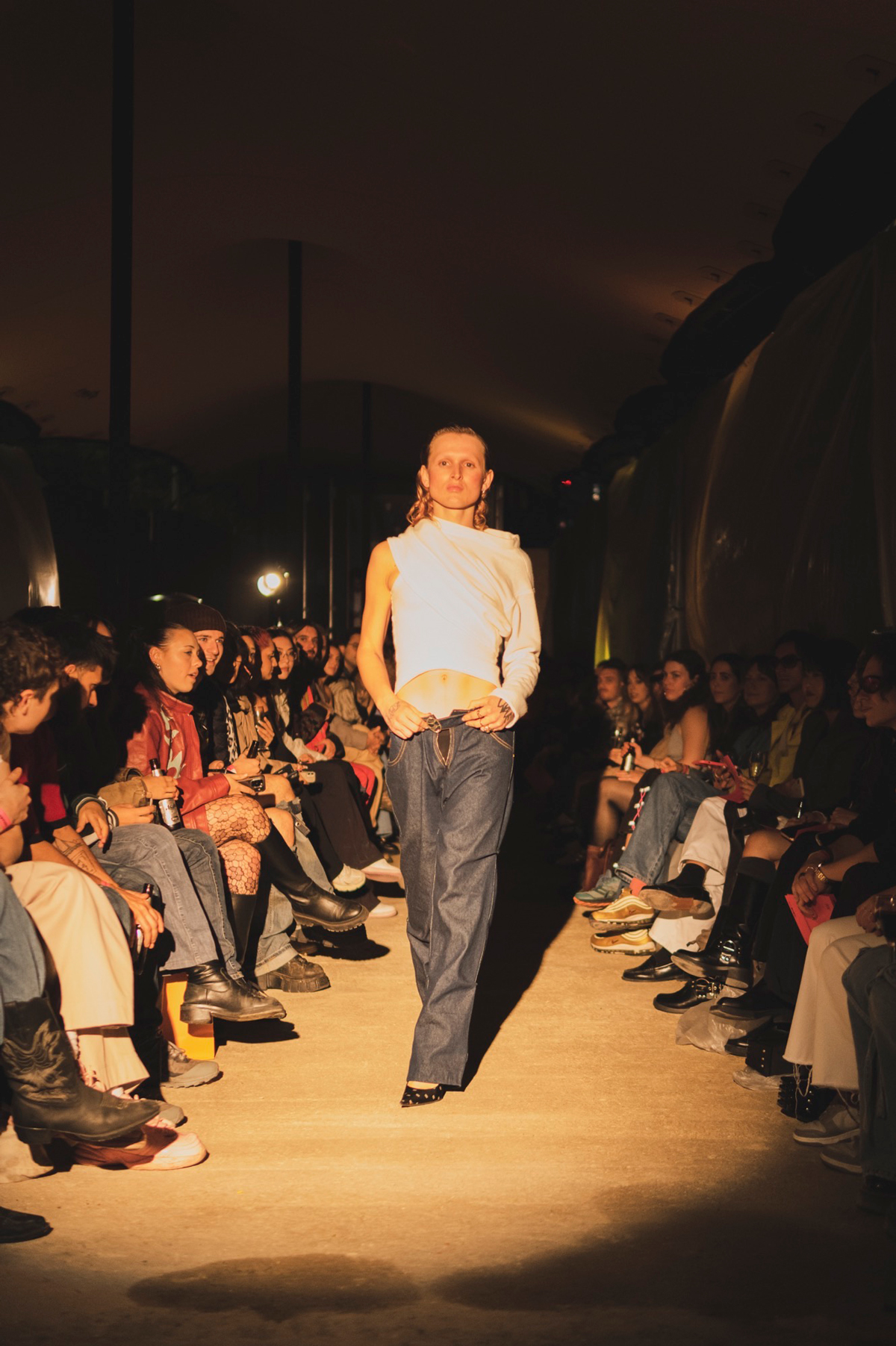
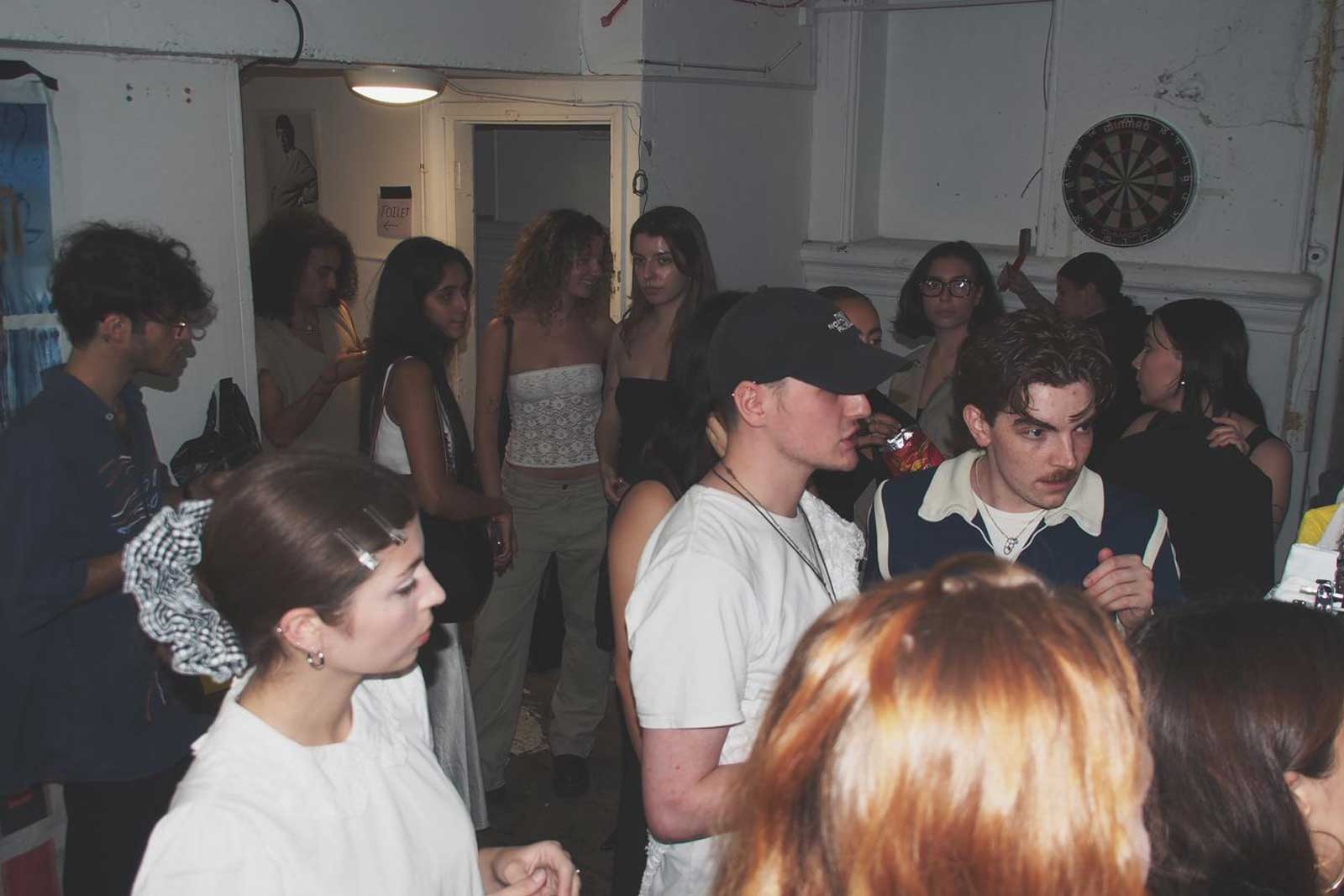
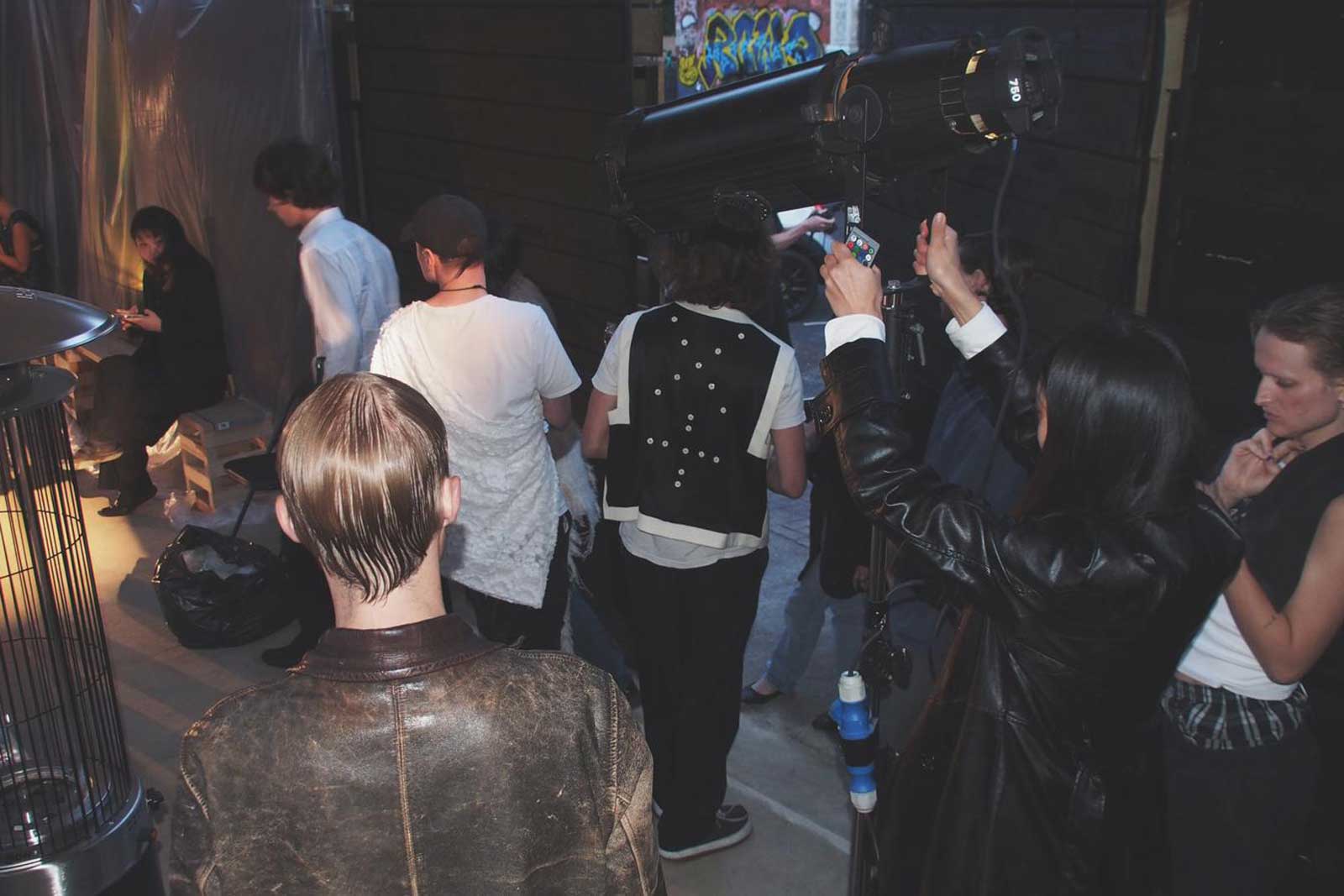
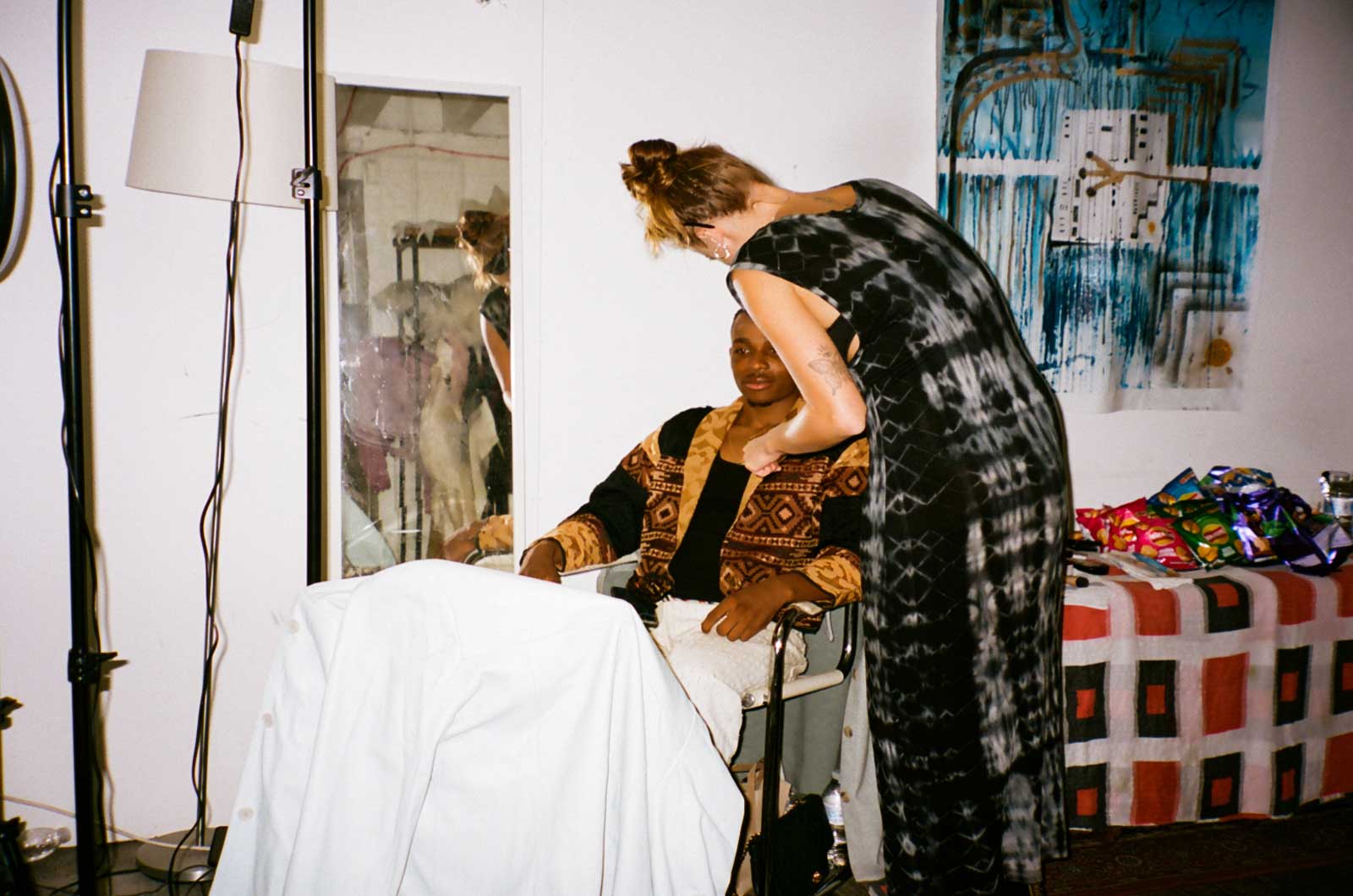 Sophie Elms @s.ophielms
Sophie Elms @s.ophielms
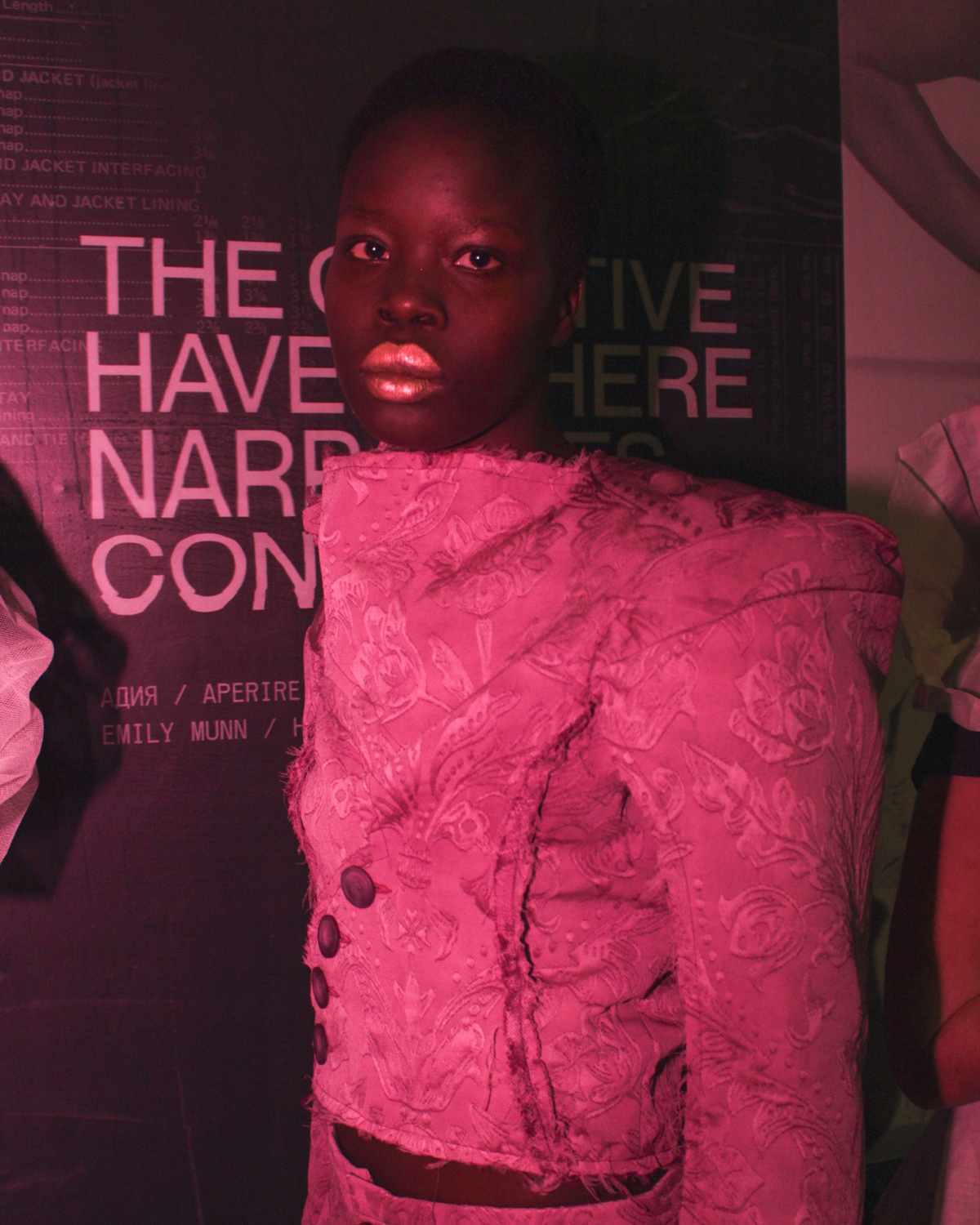
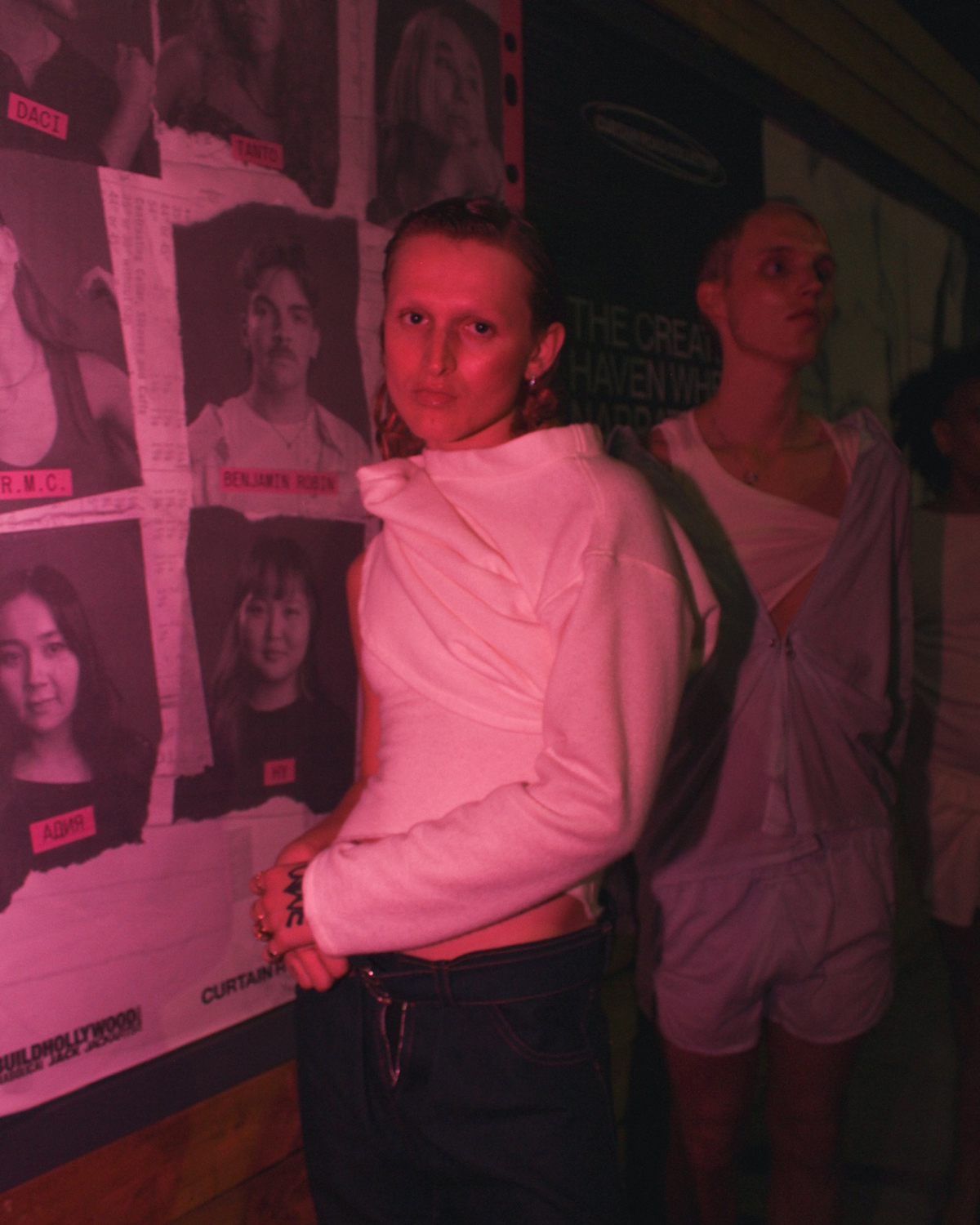
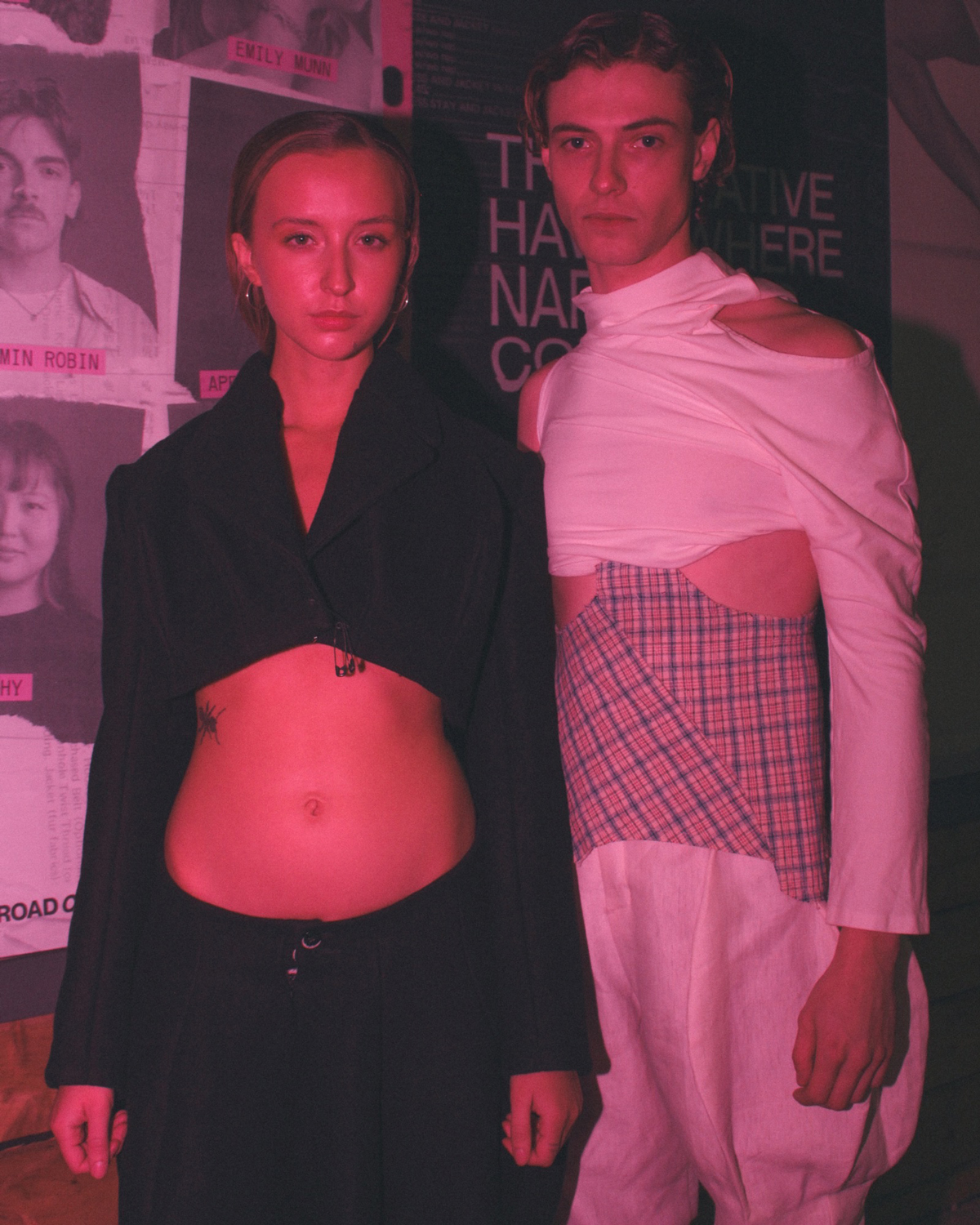
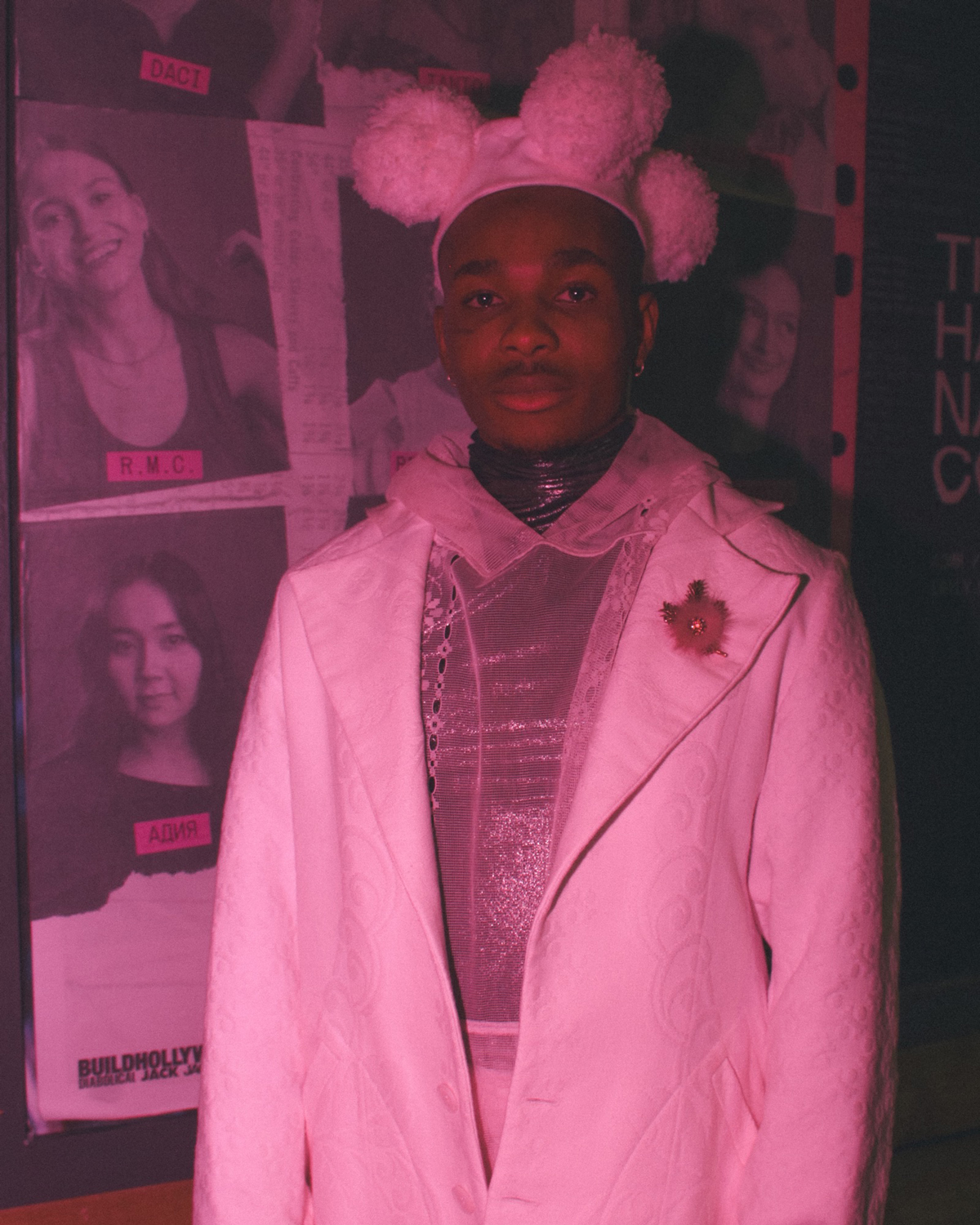
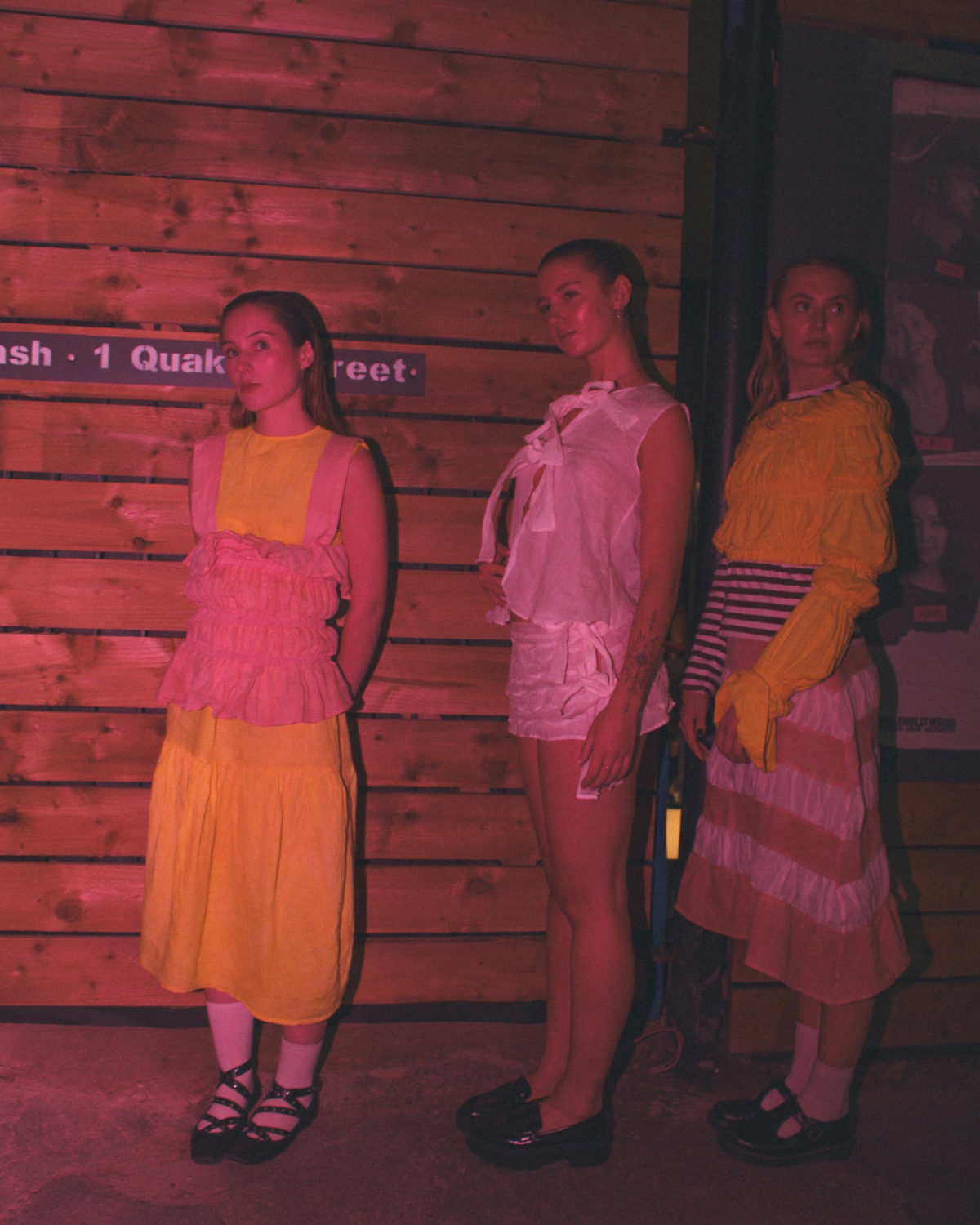
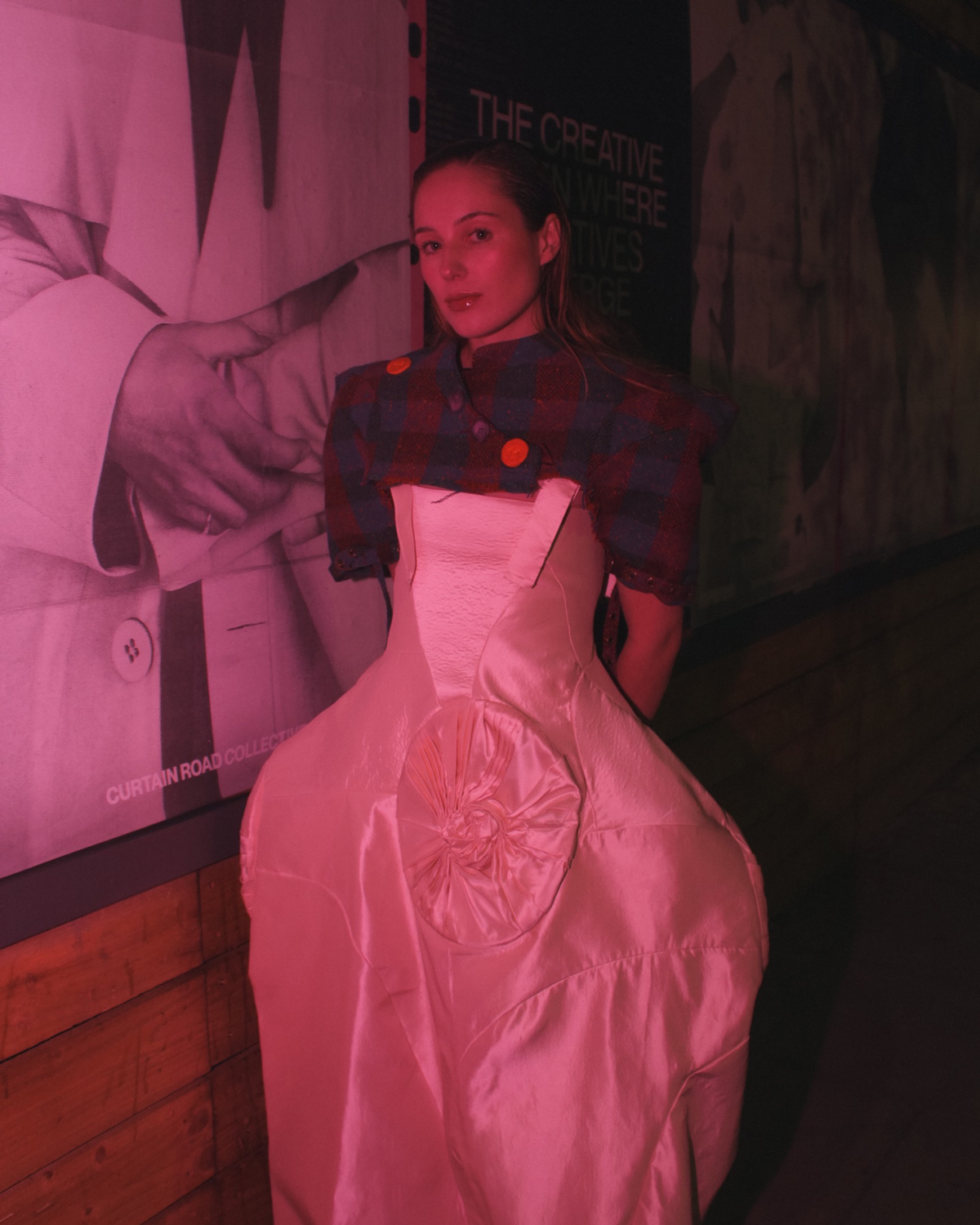
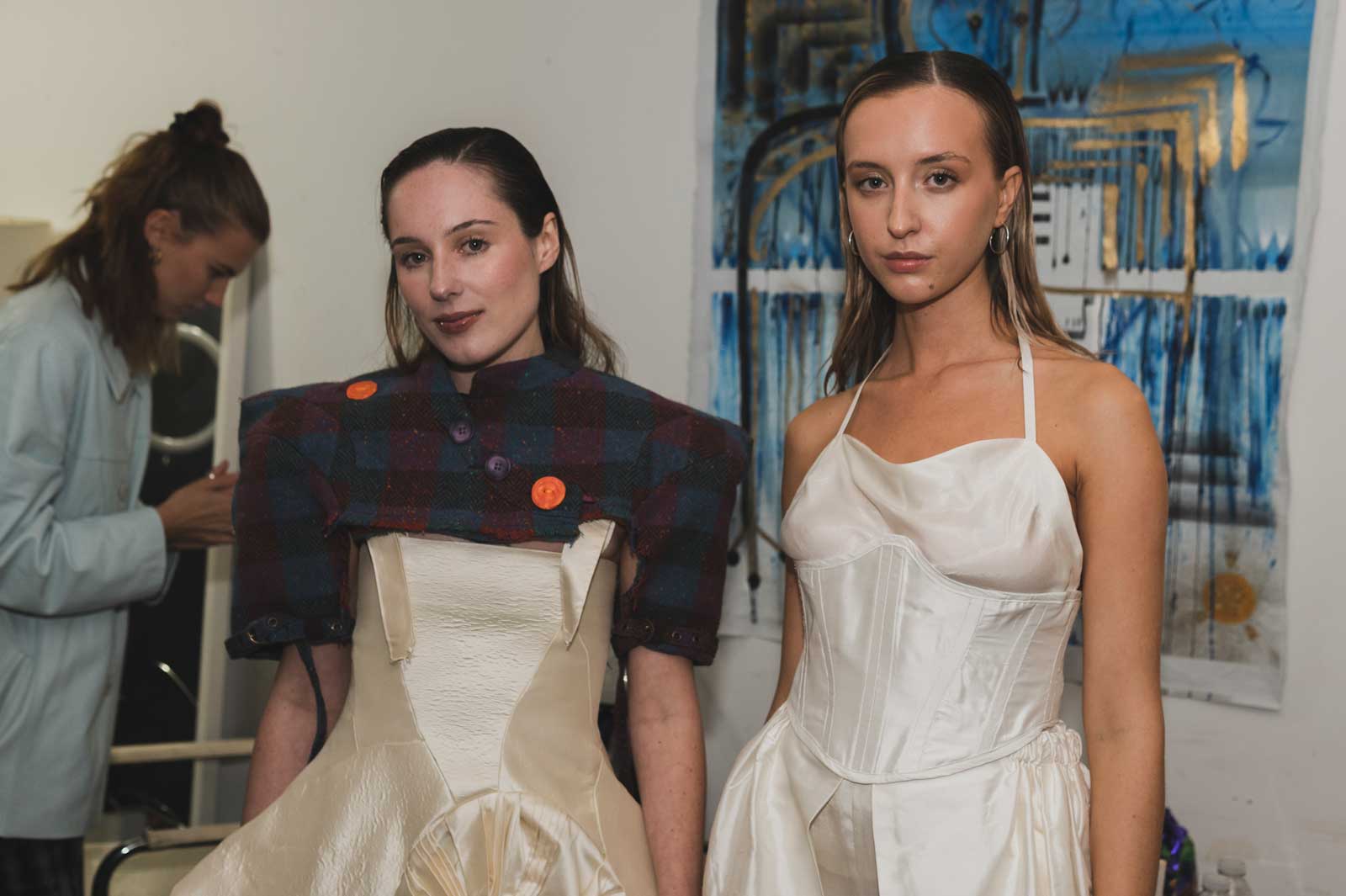 Kirk Truman @kirktruman
Kirk Truman @kirktruman
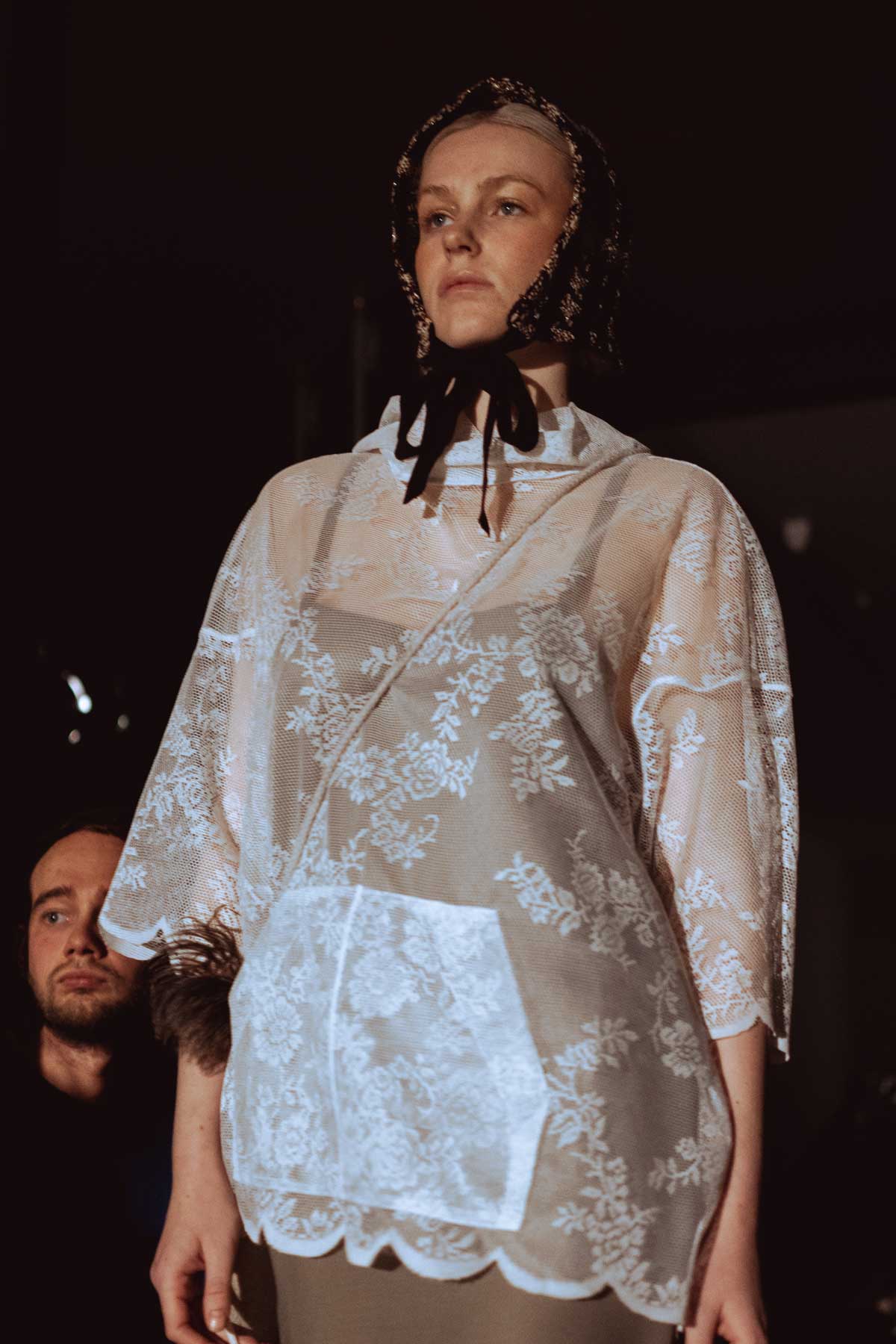
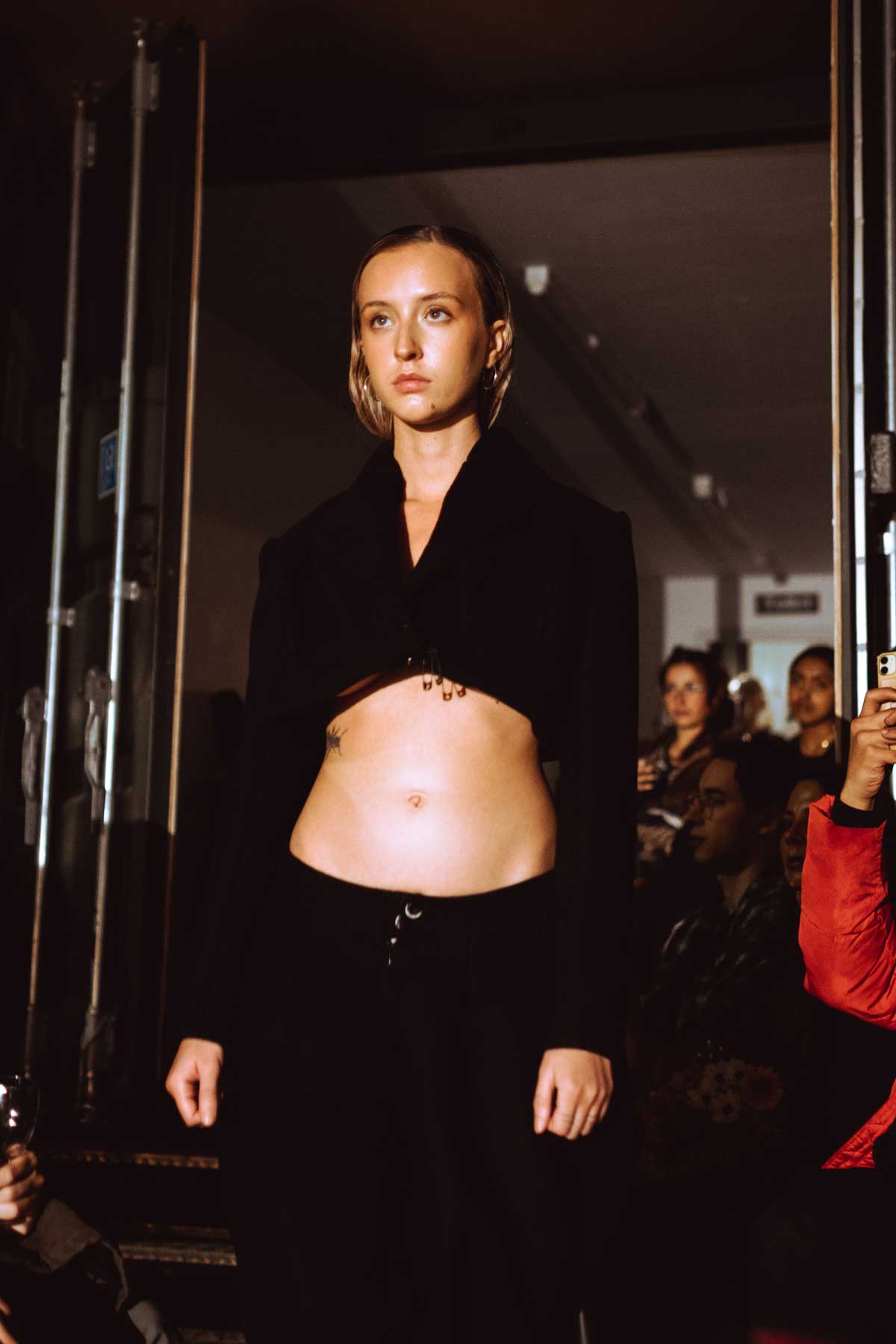
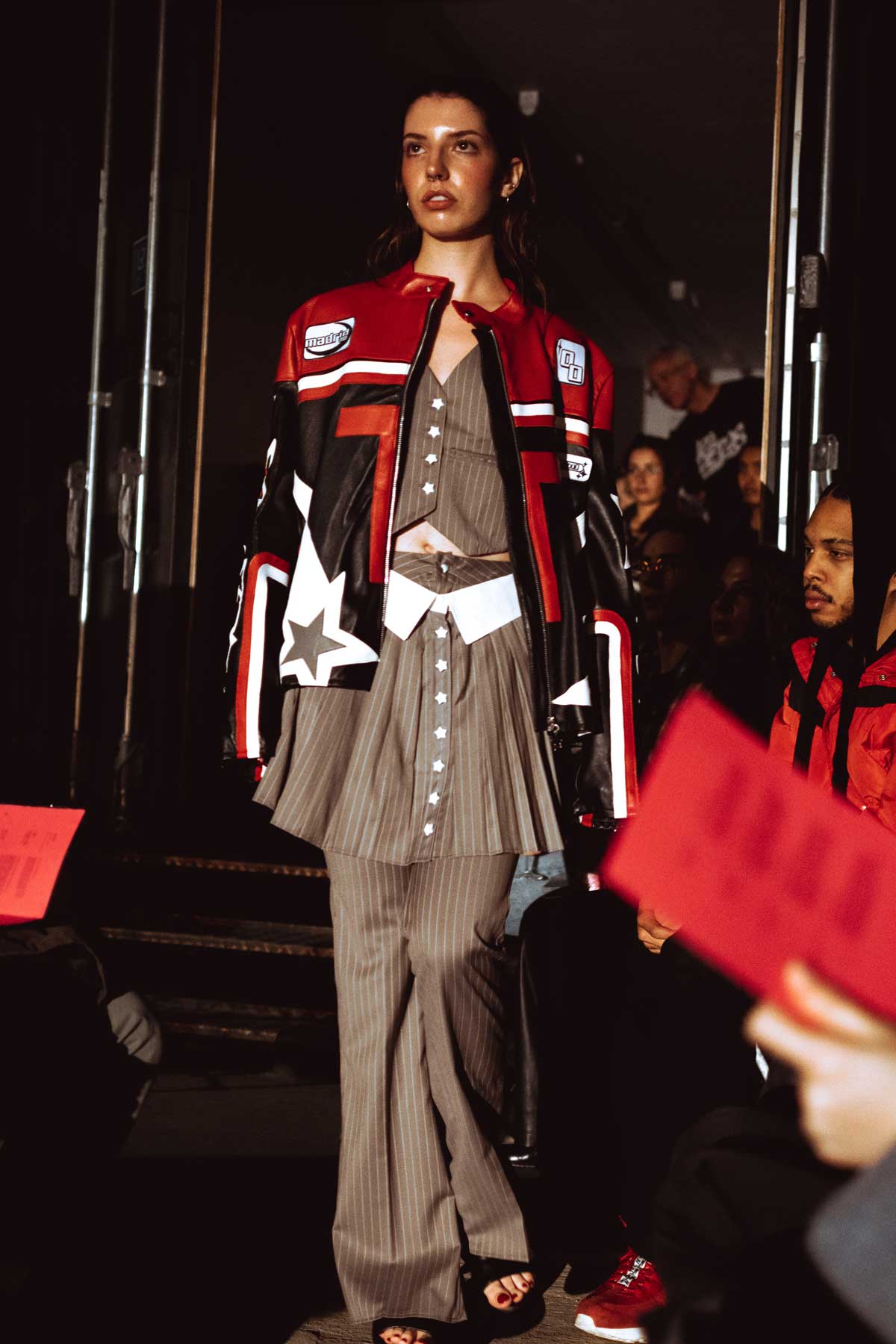
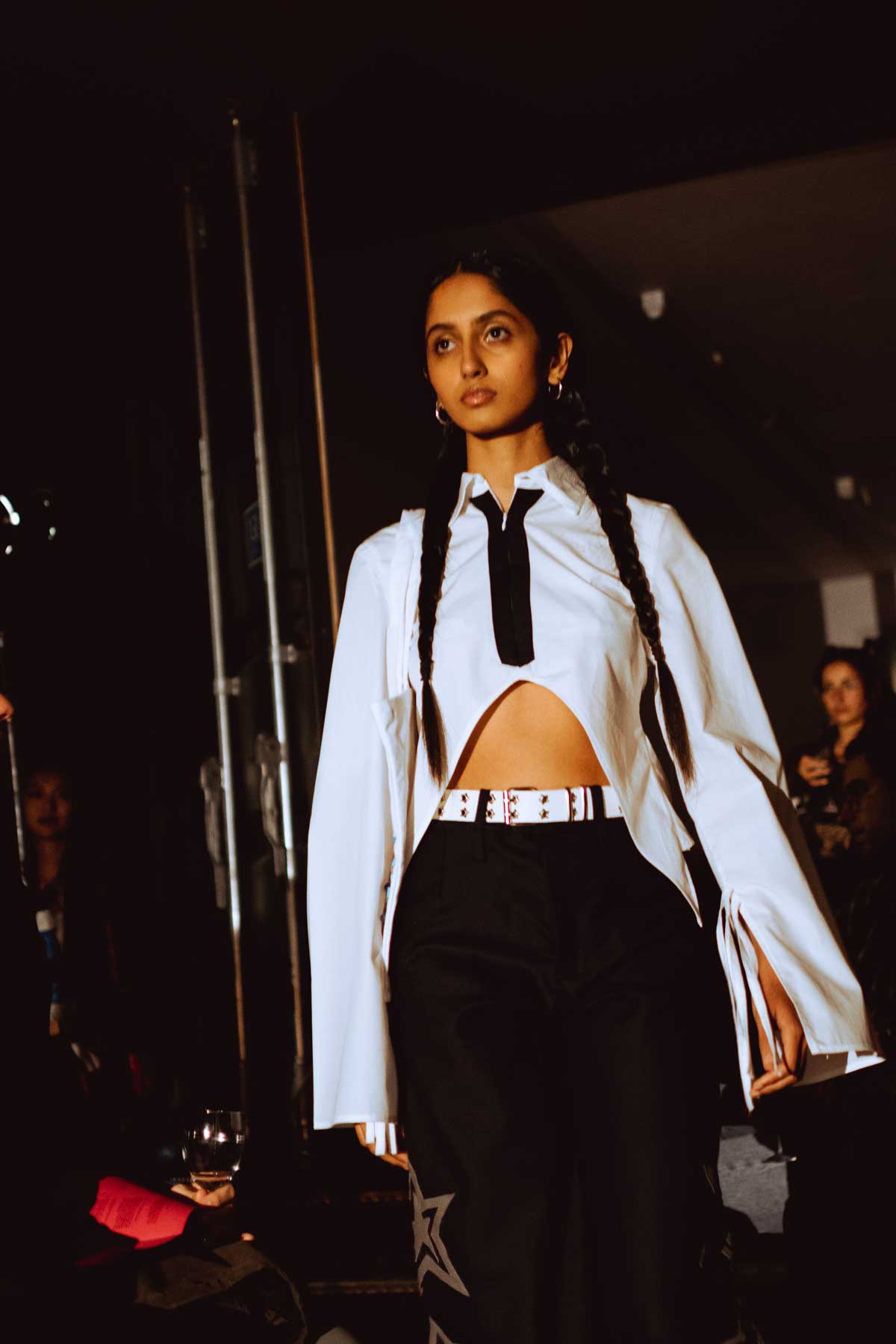
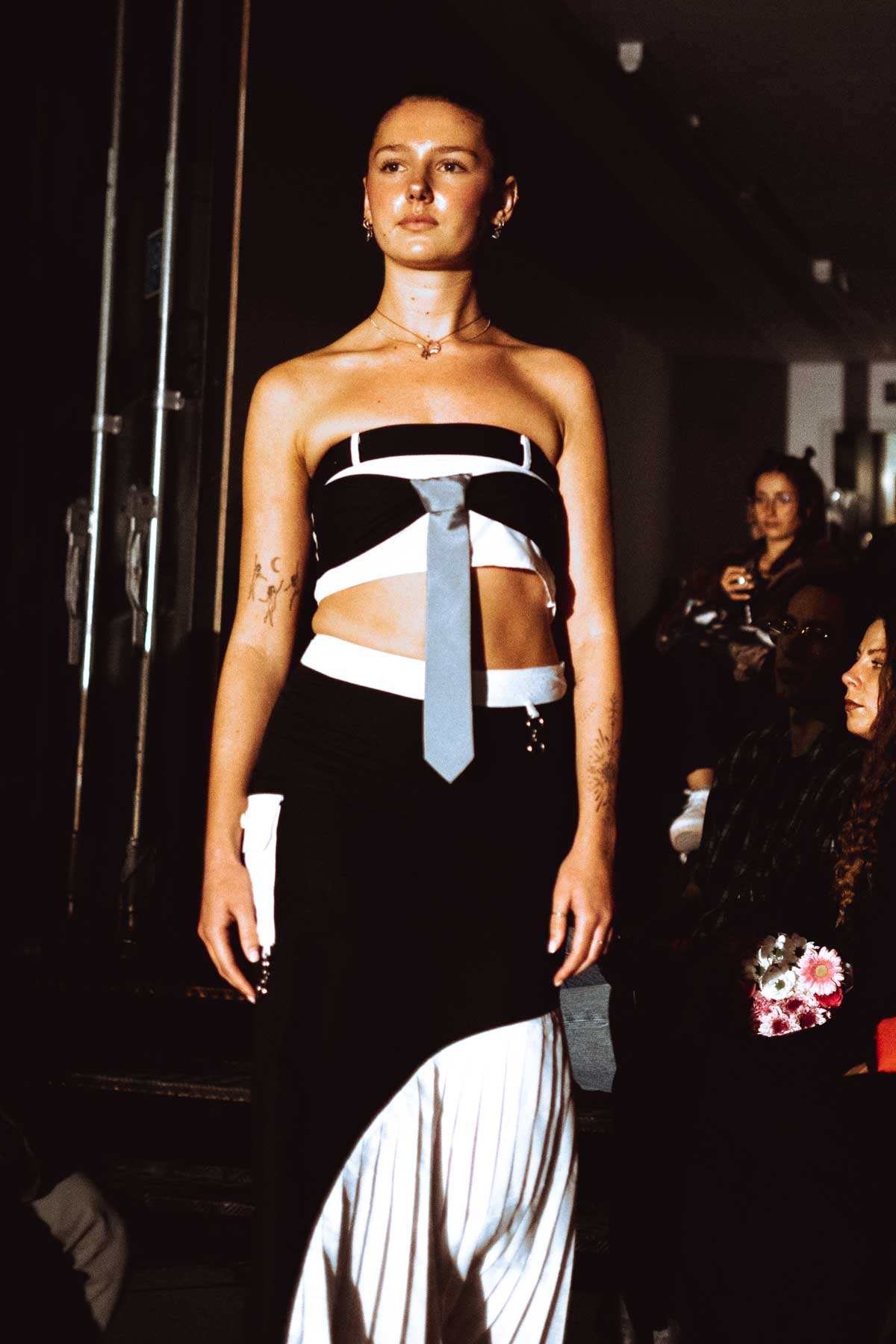
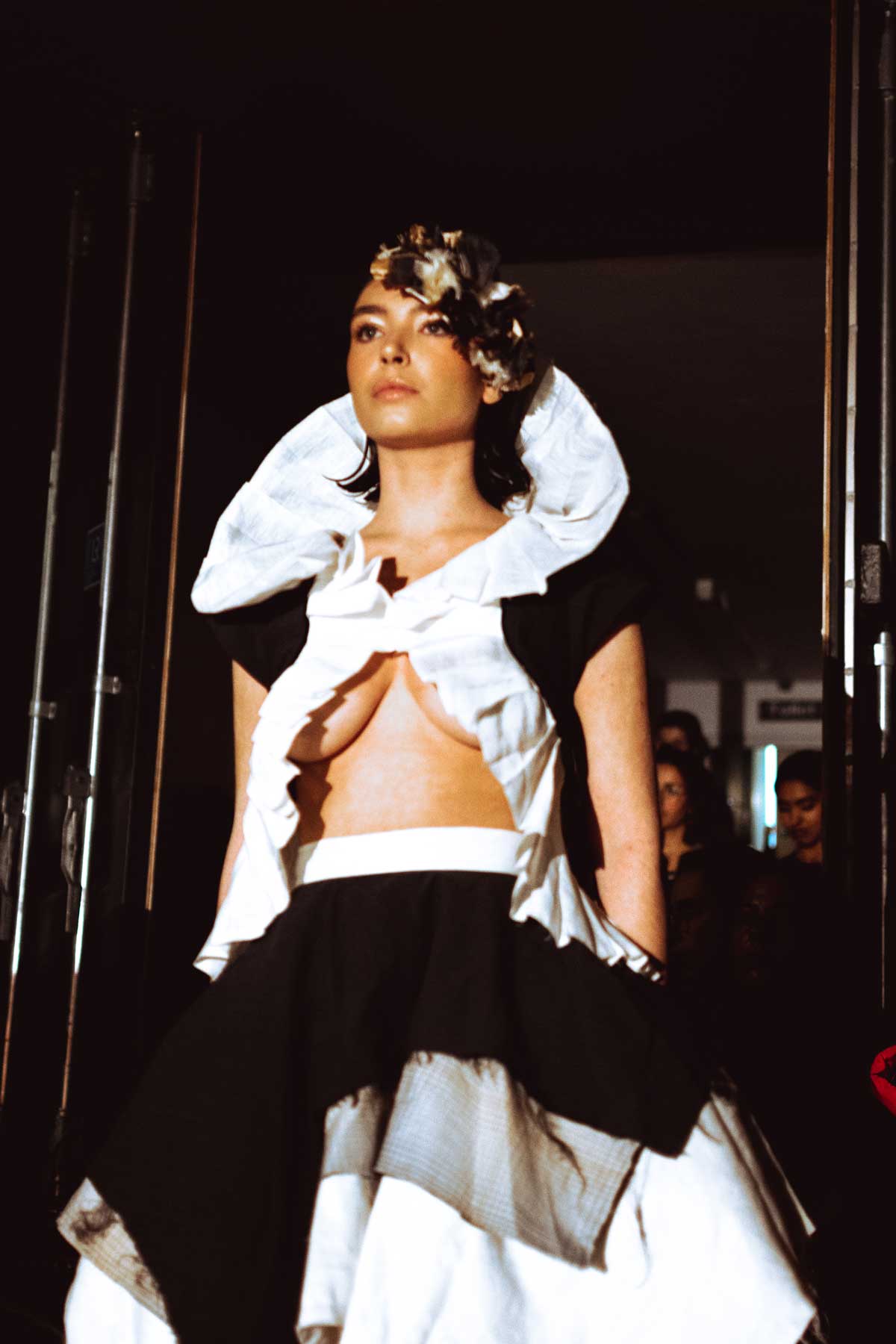
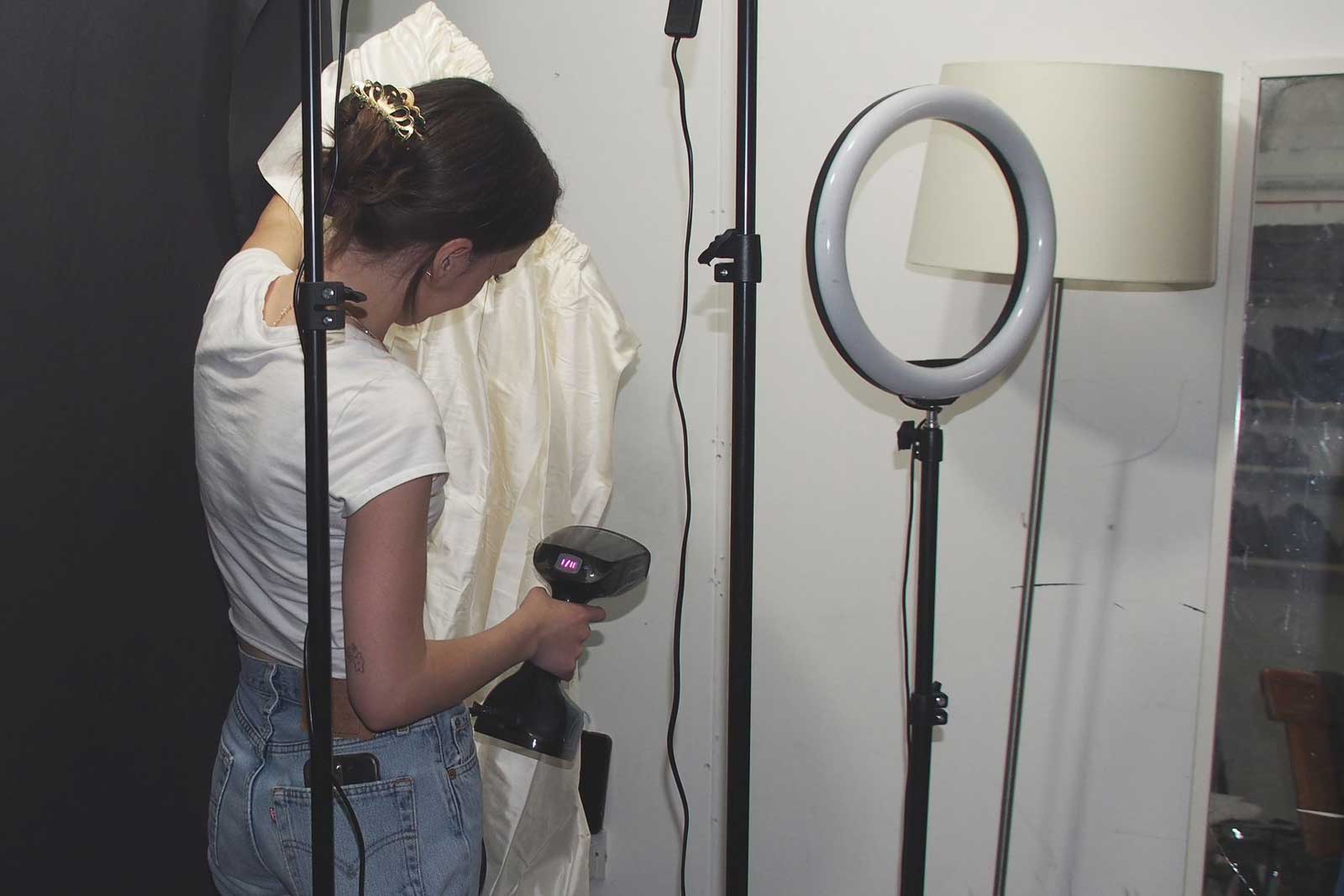 Darcey Thompson @picsbydarcey
Darcey Thompson @picsbydarcey
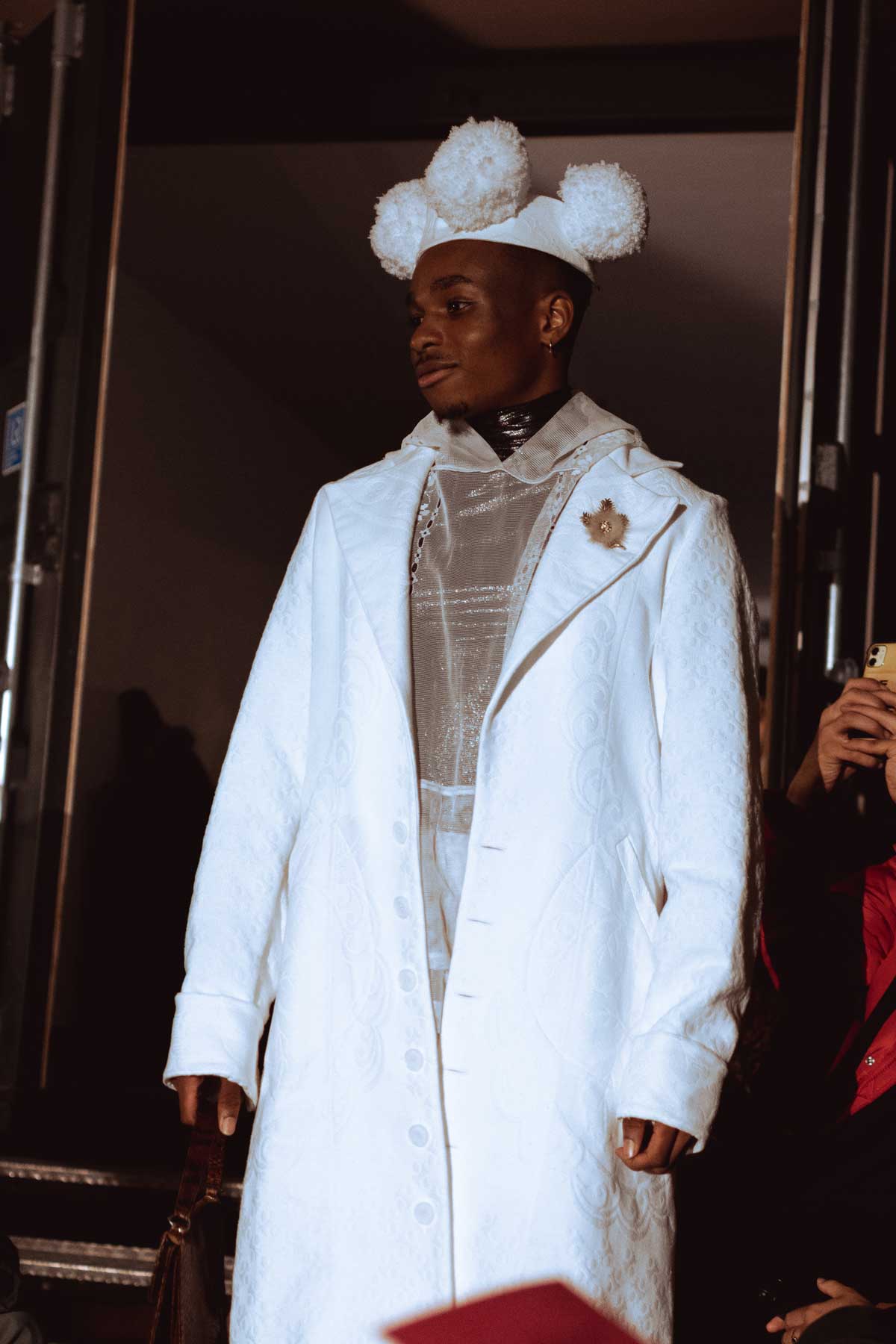
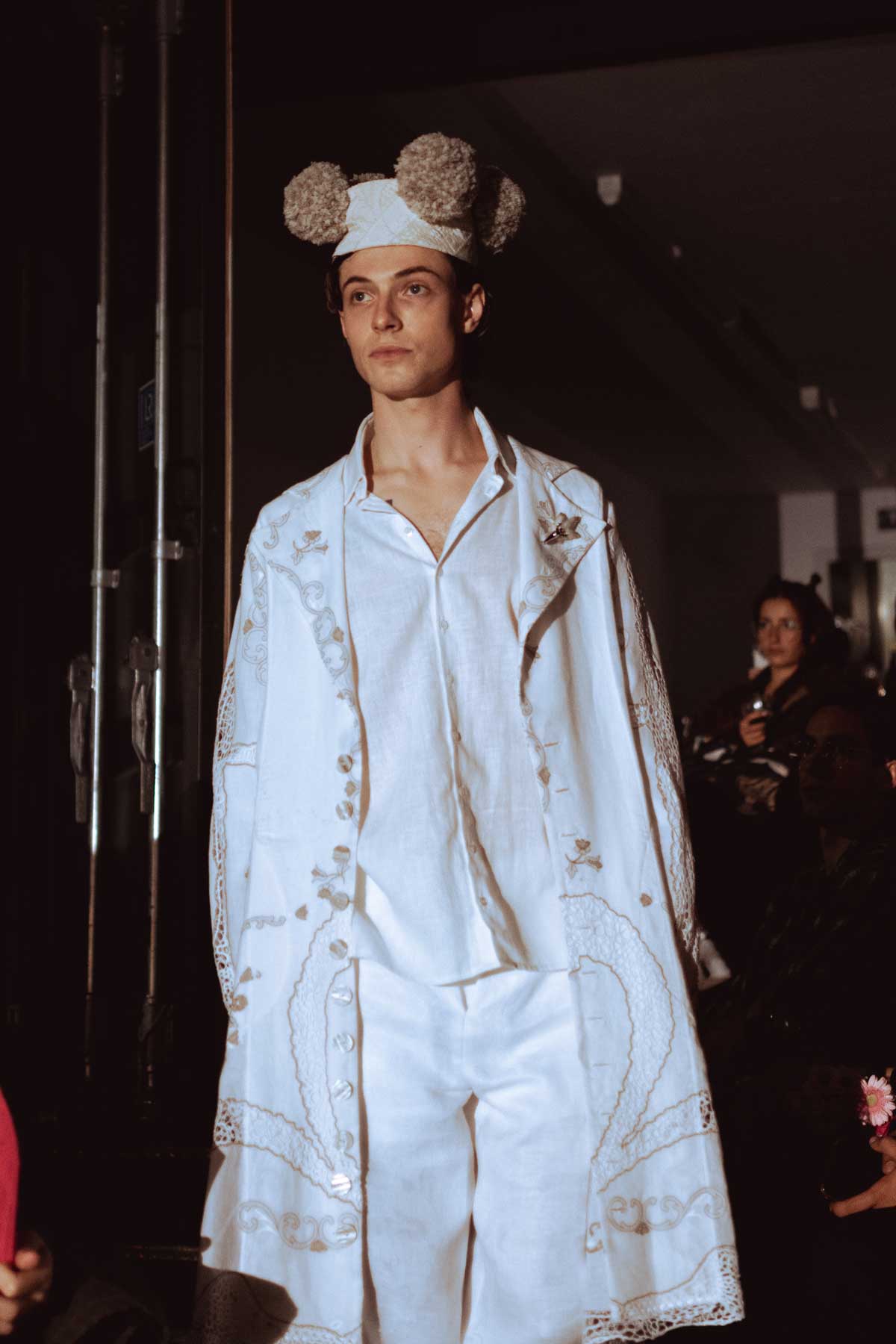
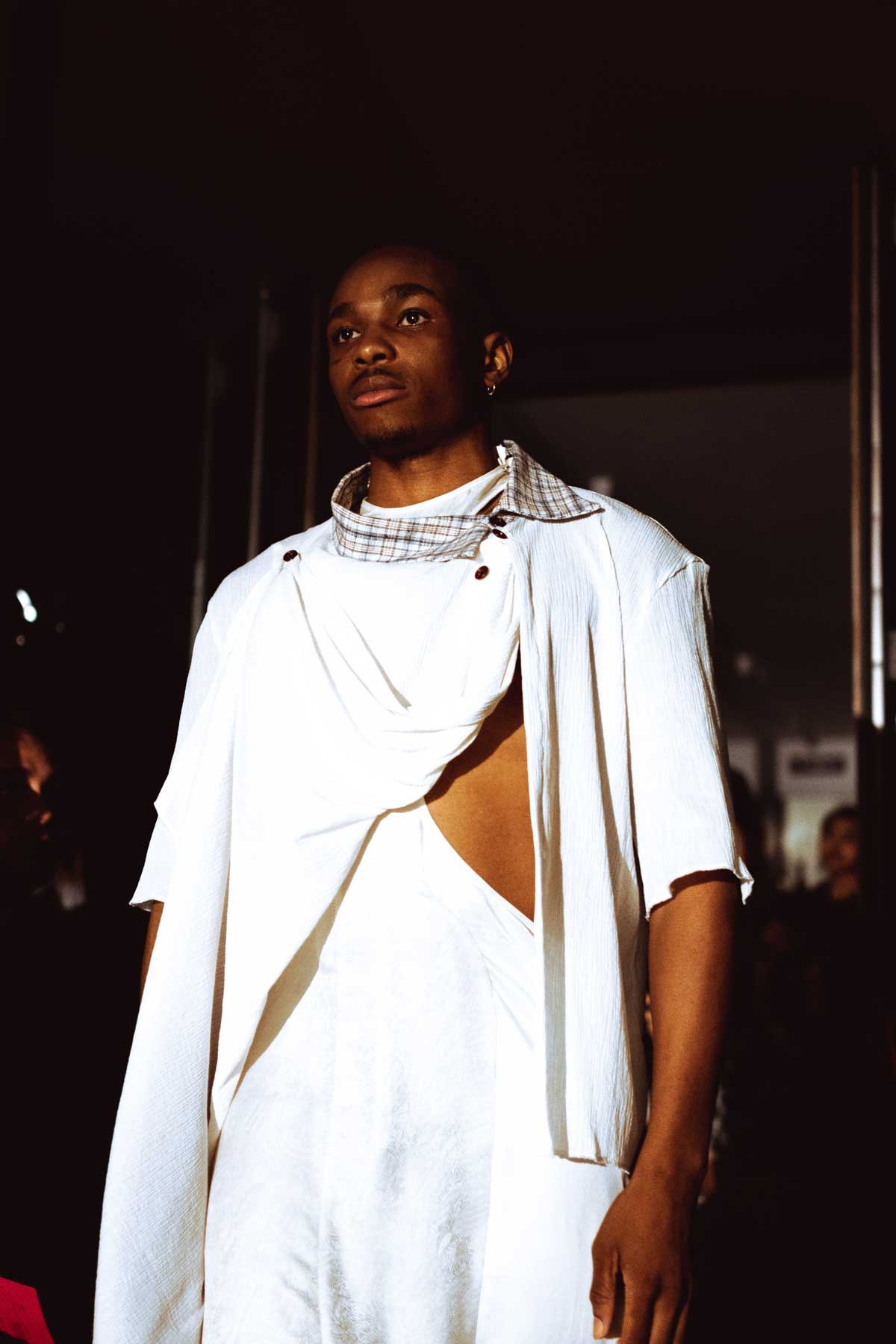
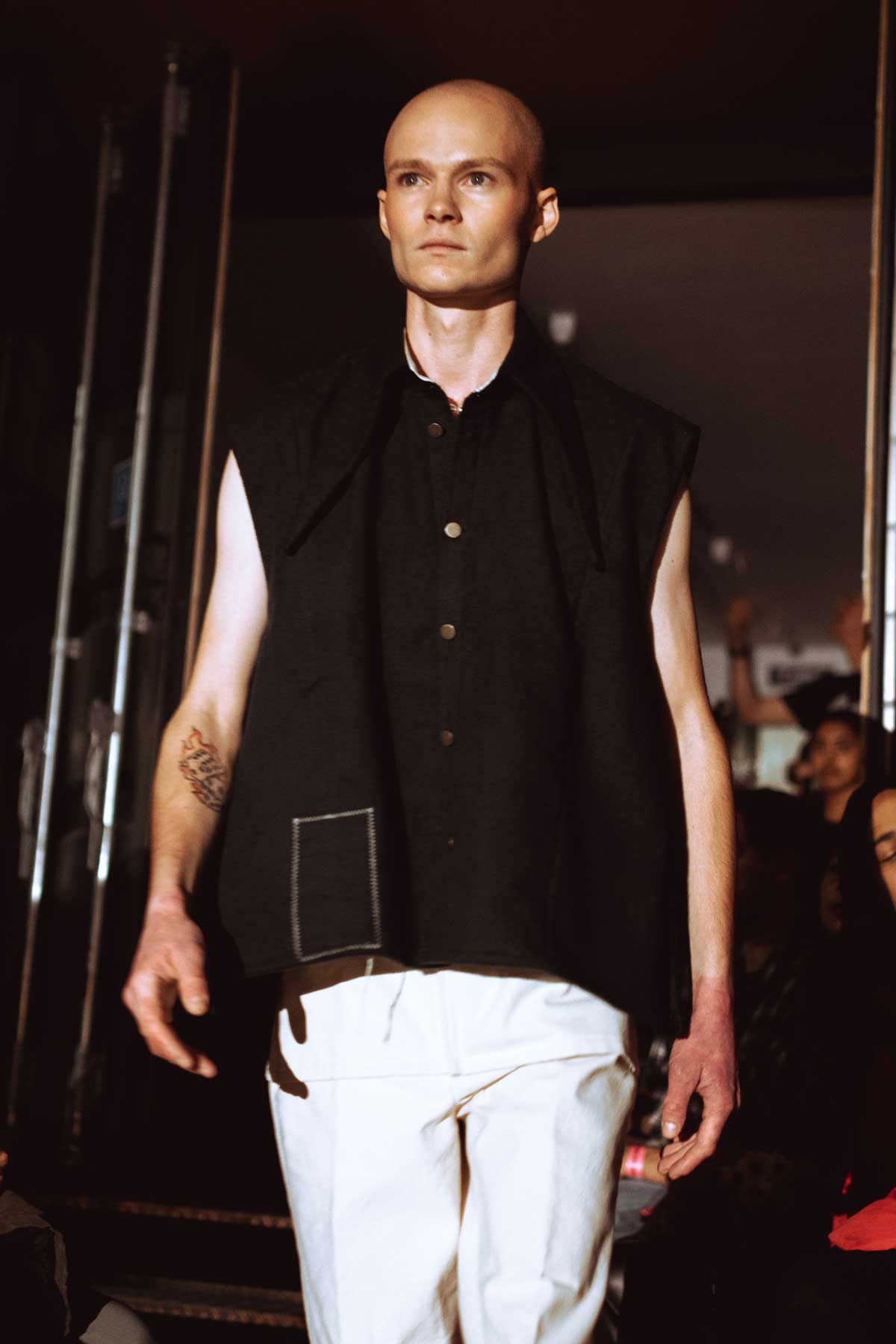
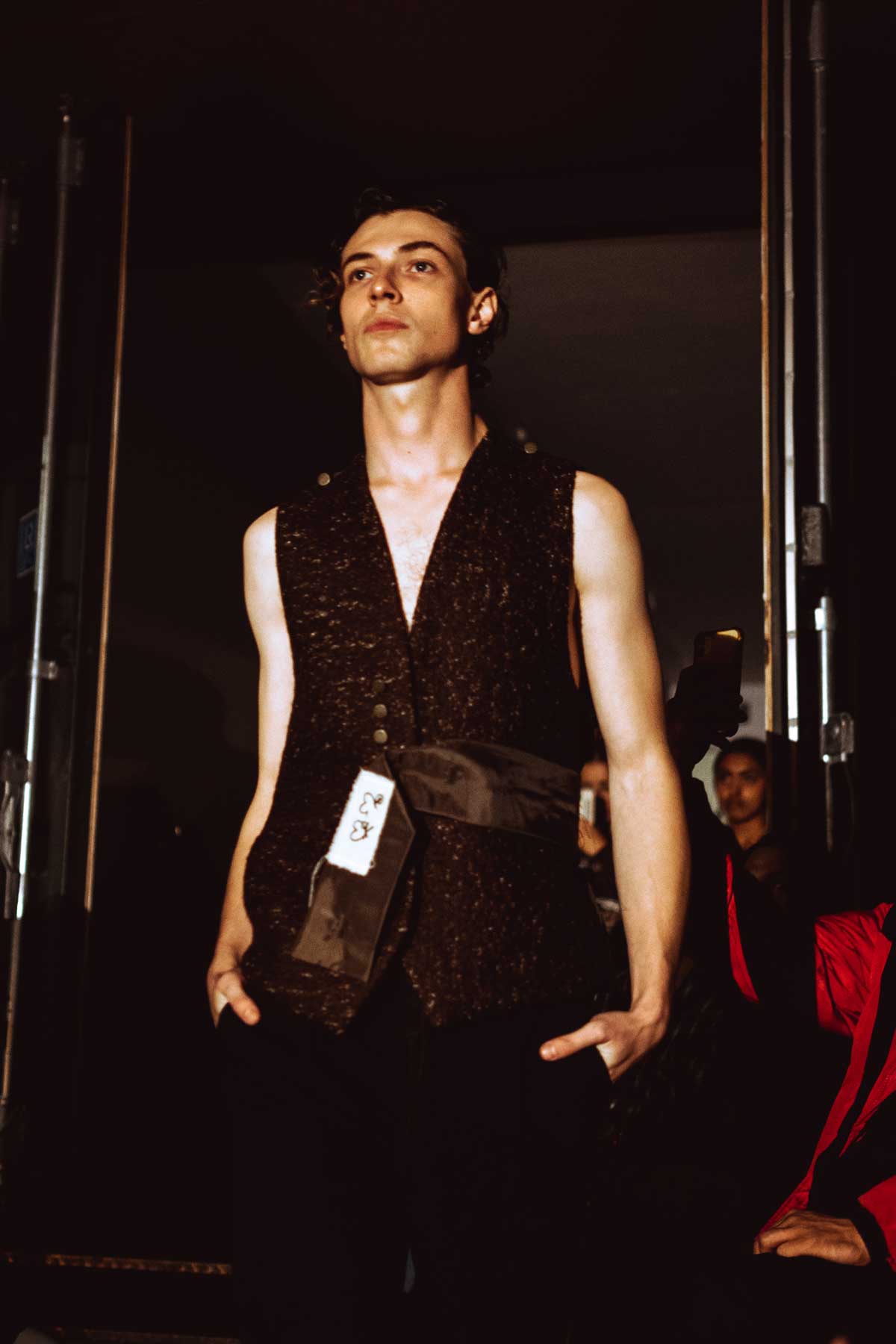
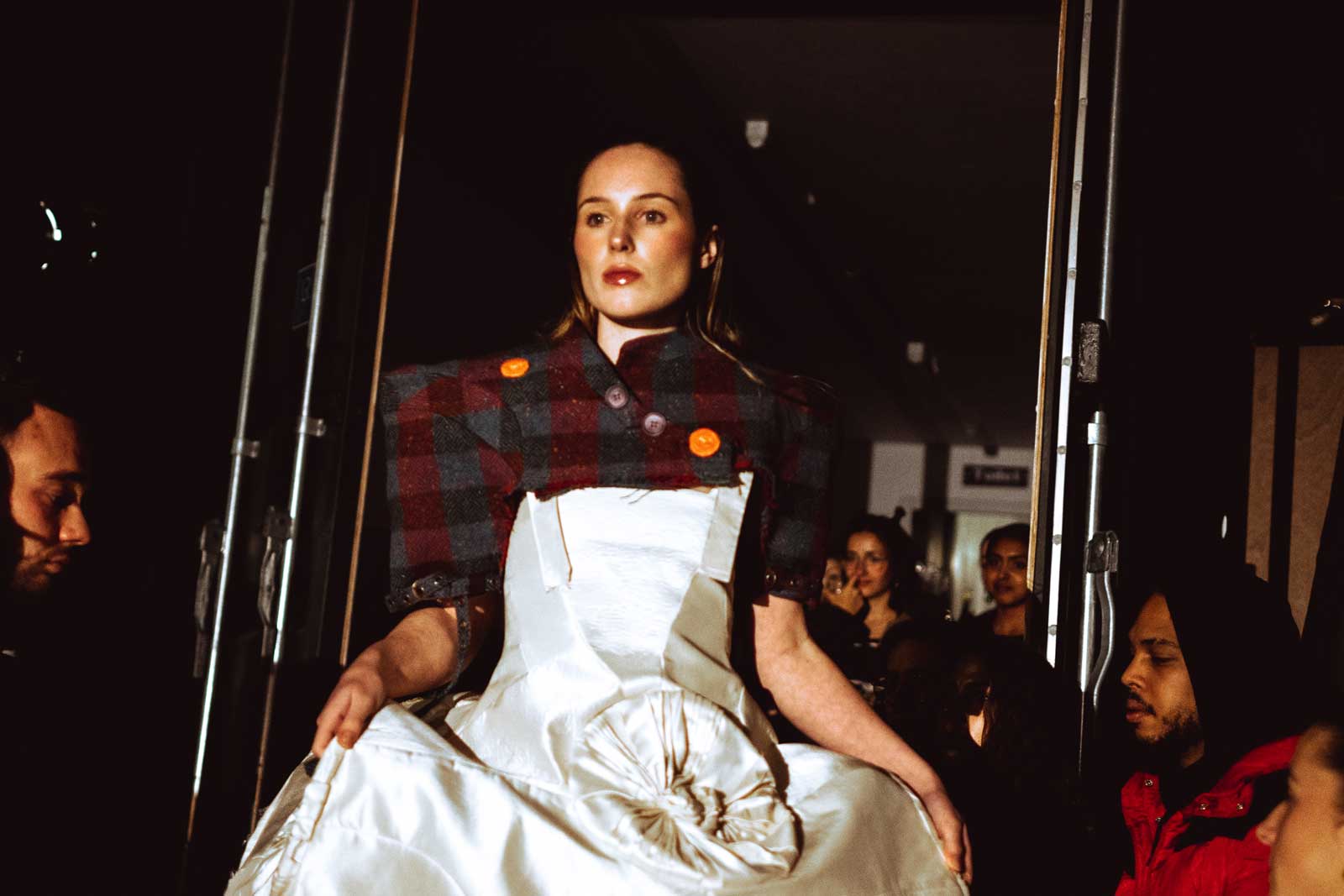 Cristina Oniga @photoholic_co
Cristina Oniga @photoholic_co
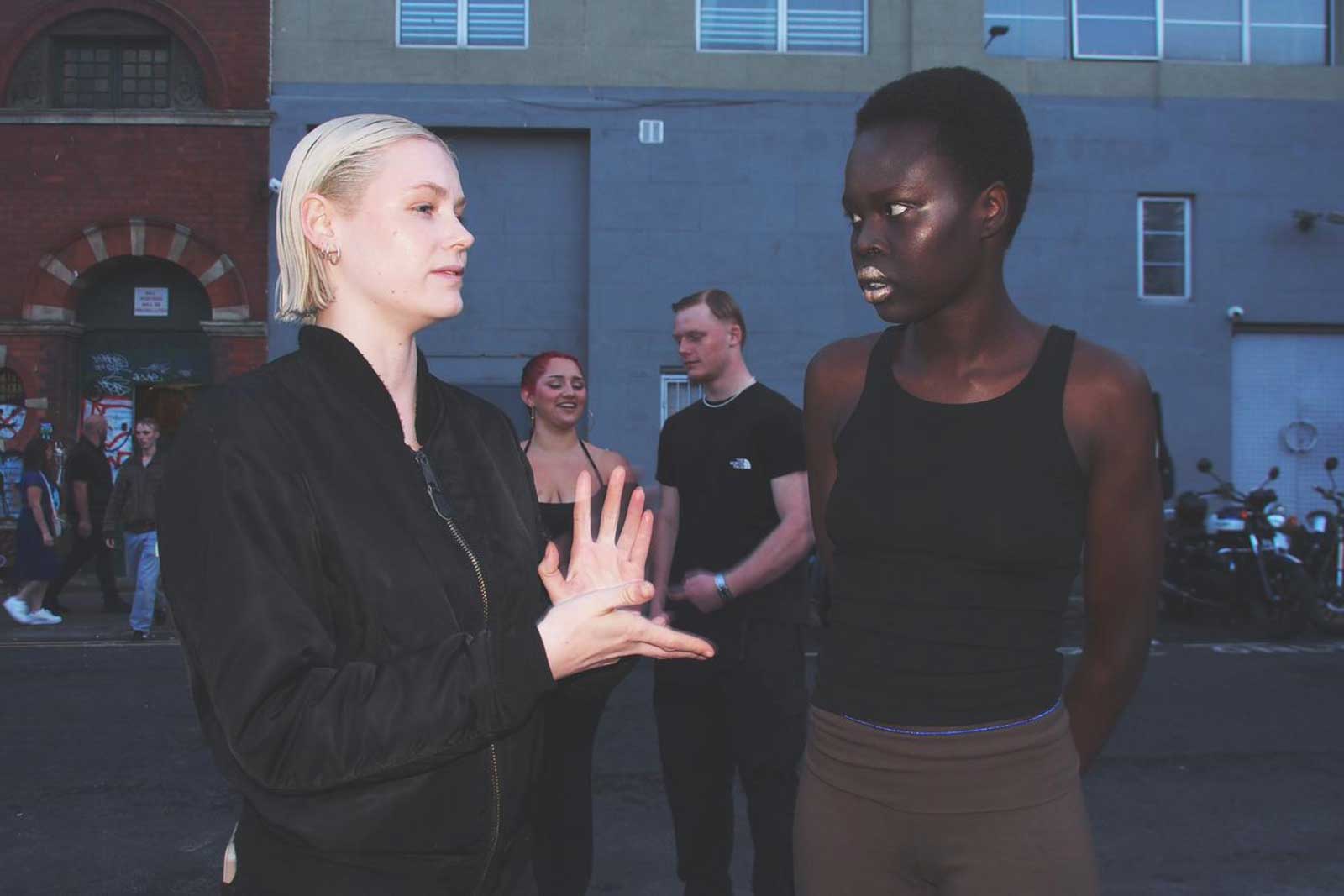 Darcey Thompson @picsbydarcey
Darcey Thompson @picsbydarcey
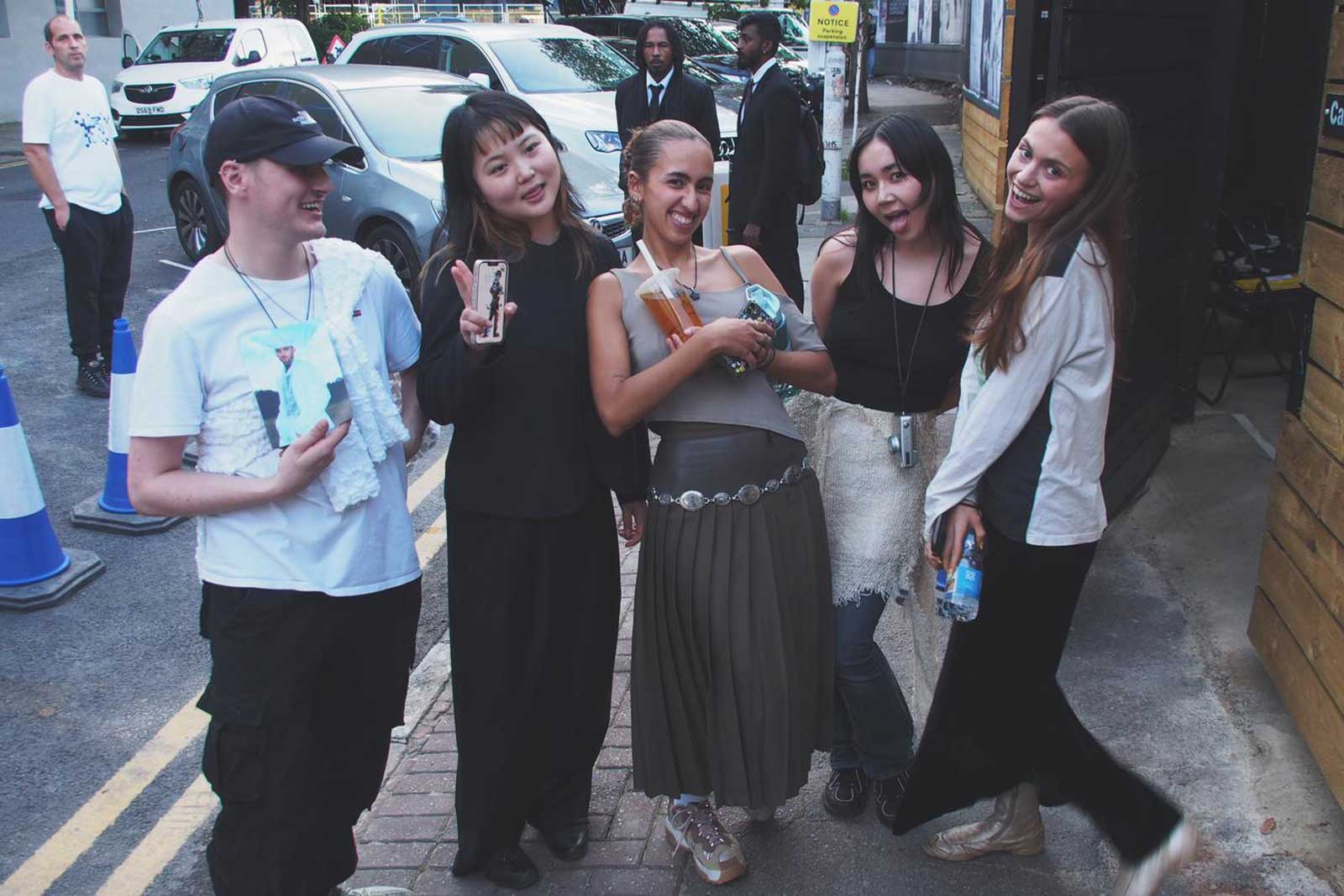 Darcey Thompson @picsbydarcey
Darcey Thompson @picsbydarcey
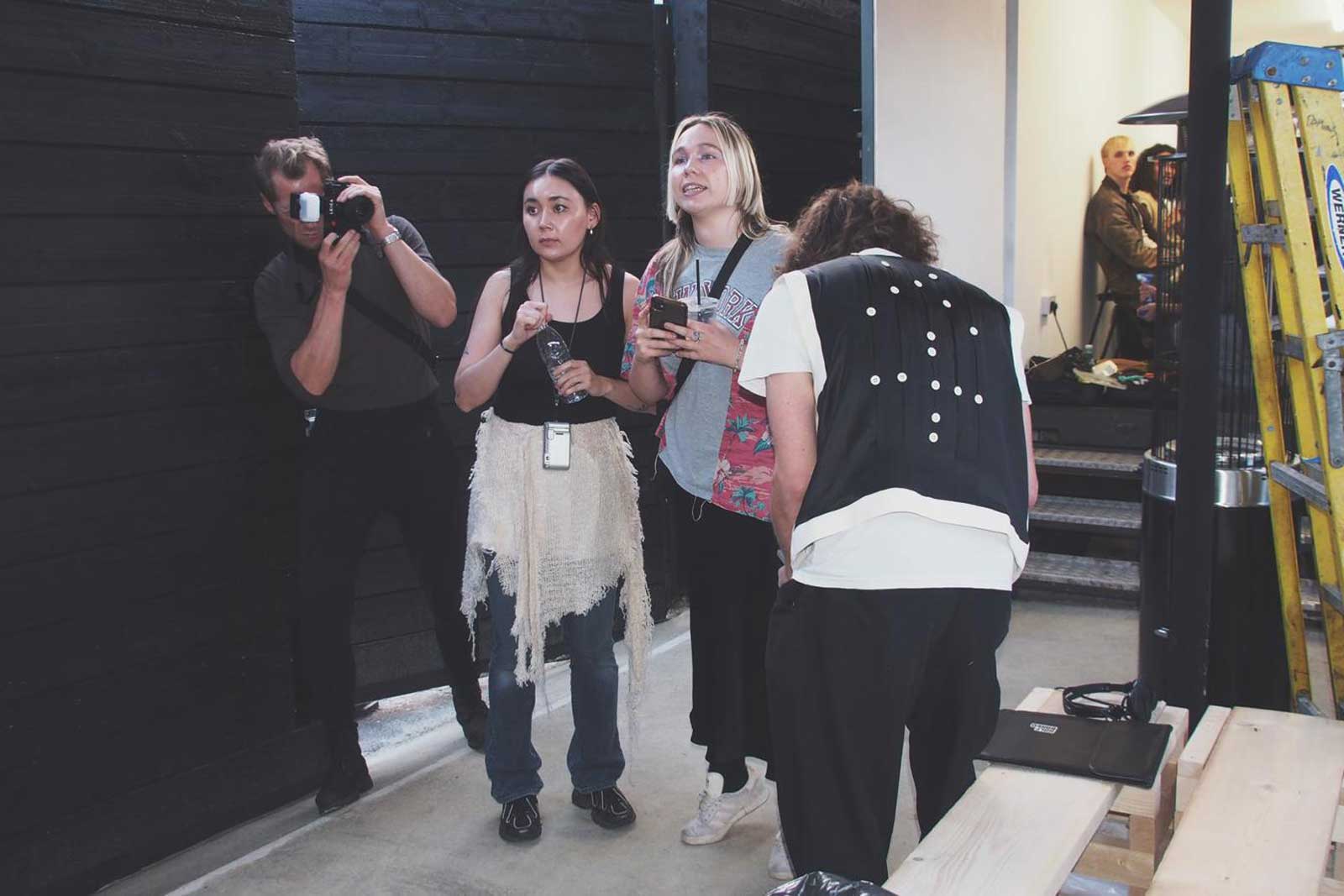 Darcey Thompson @picsbydarcey
Darcey Thompson @picsbydarcey
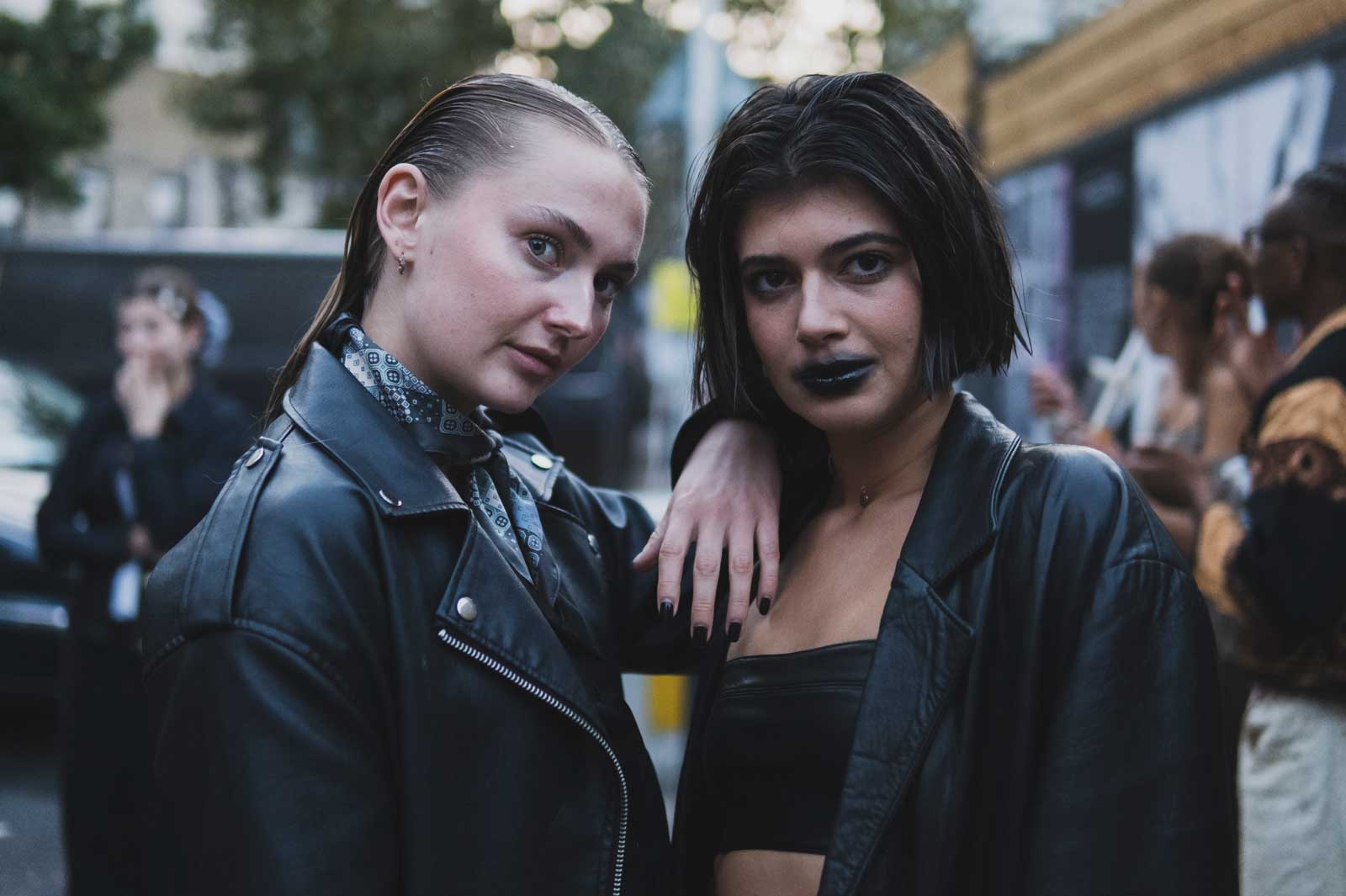 Kirk Truman @kirktruman
Kirk Truman @kirktruman
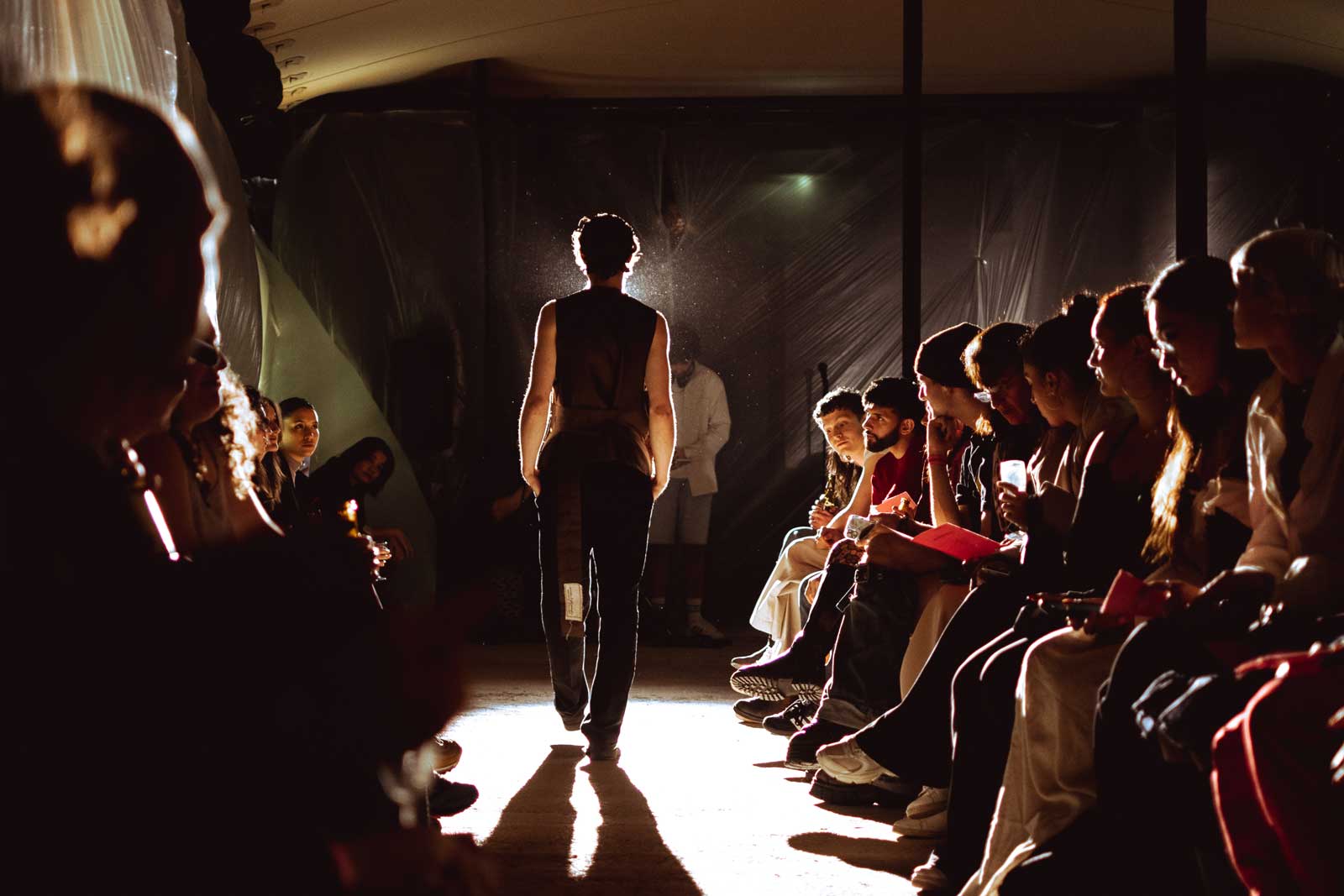 Cristina Oniga @photoholic_co
Cristina Oniga @photoholic_co
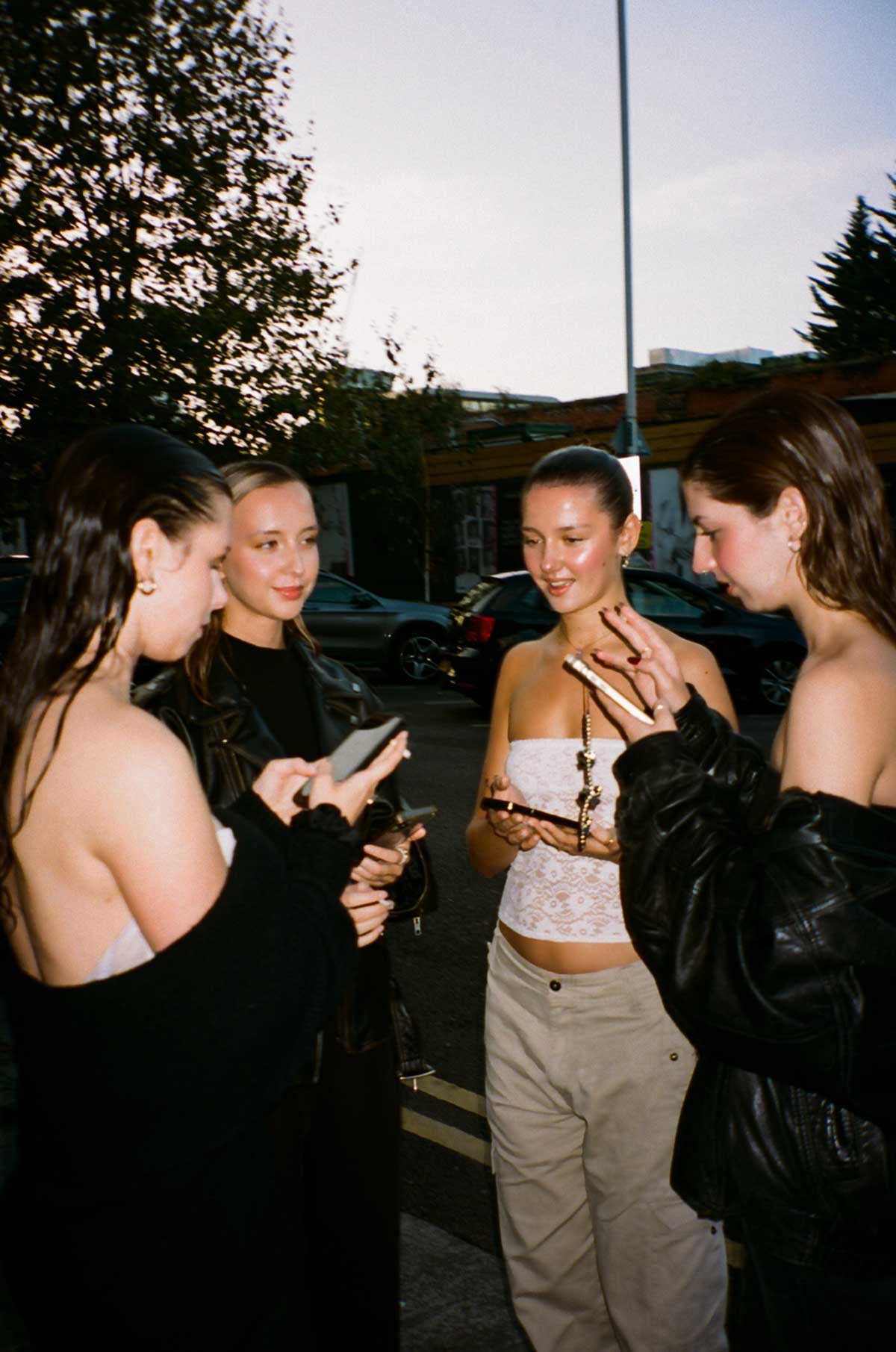 Sophie Elms @s.ophielms
Sophie Elms @s.ophielms
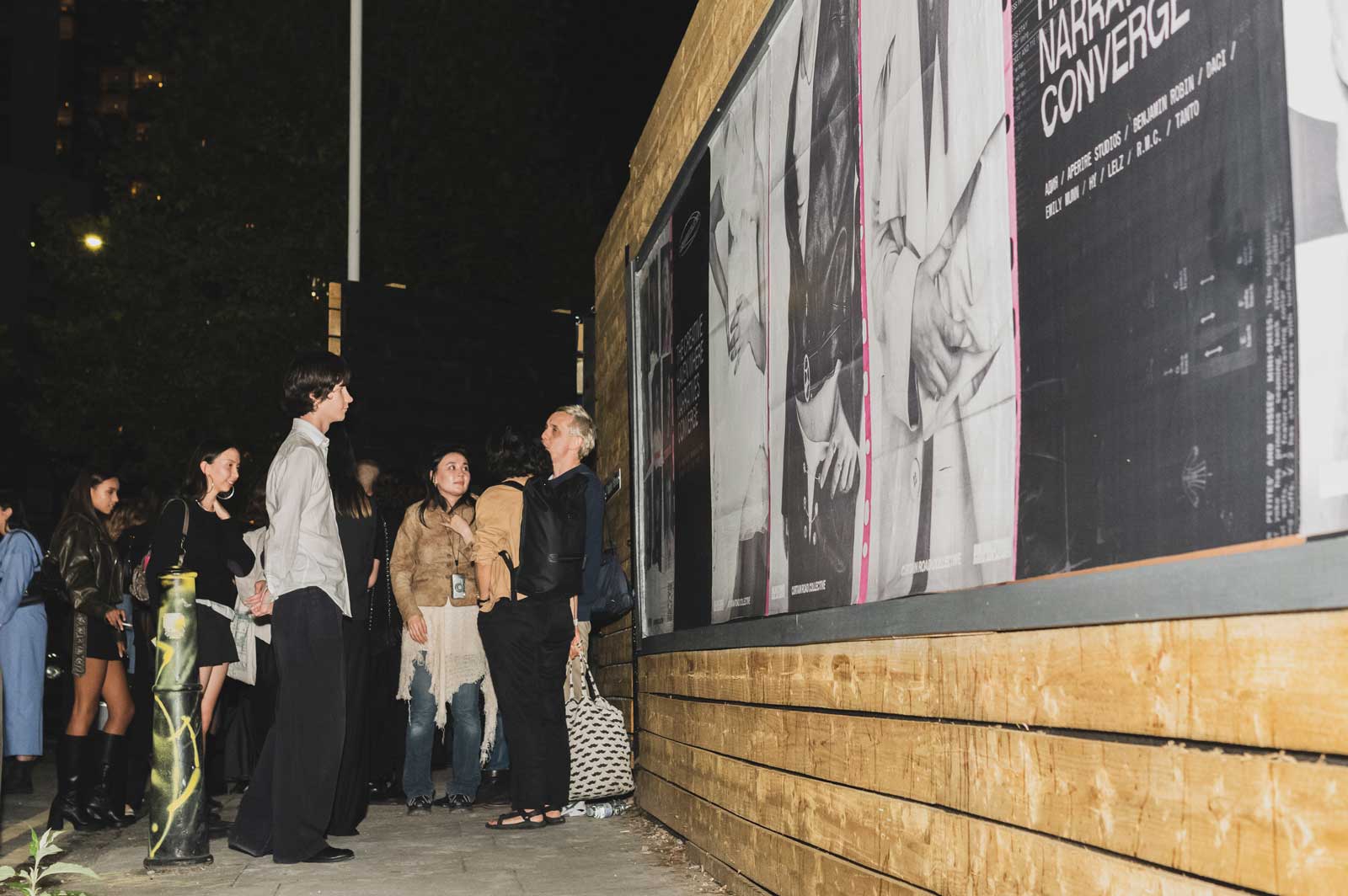 Kirk Truman @kirktruman
Kirk Truman @kirktruman
